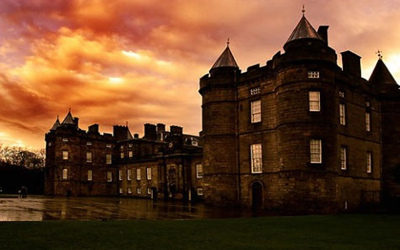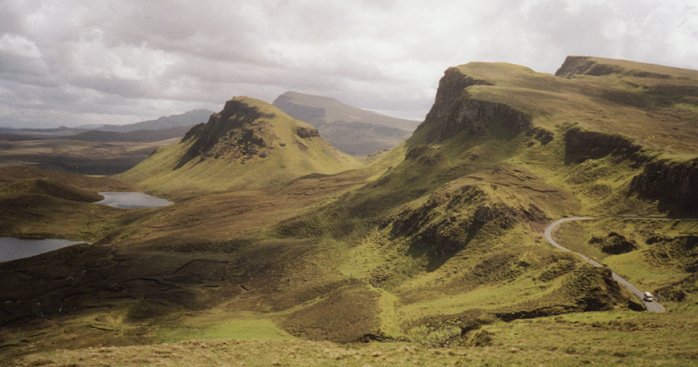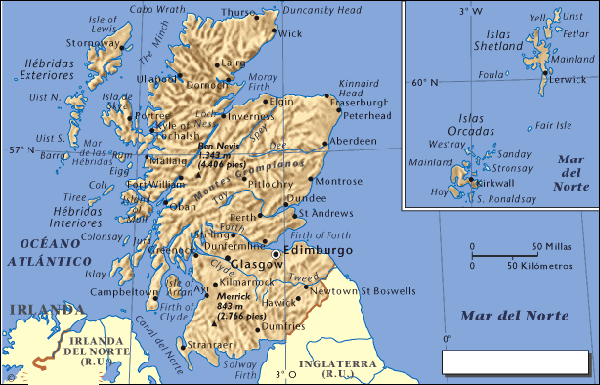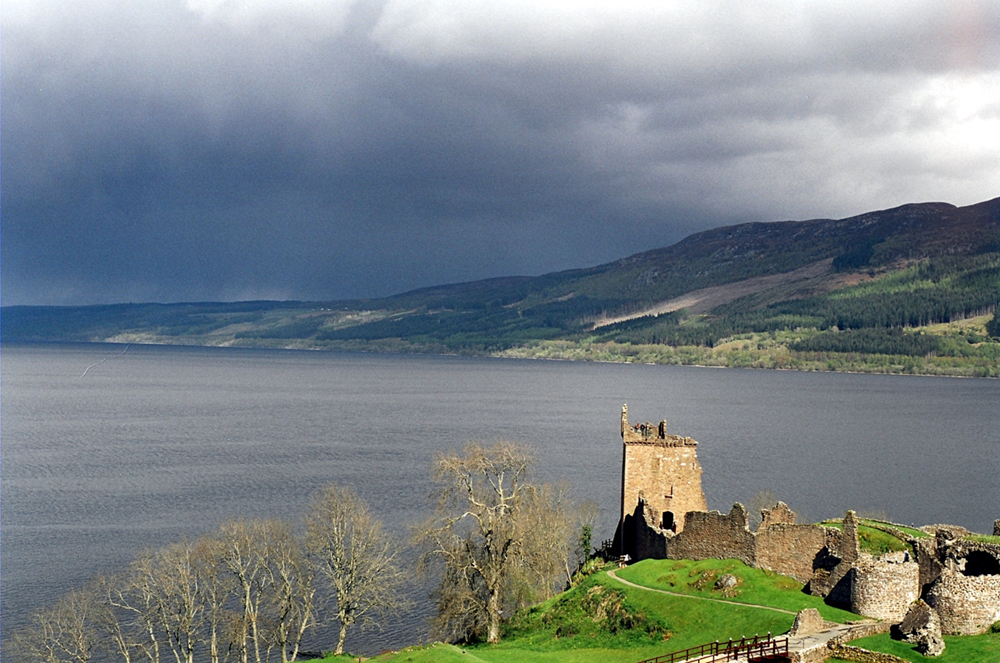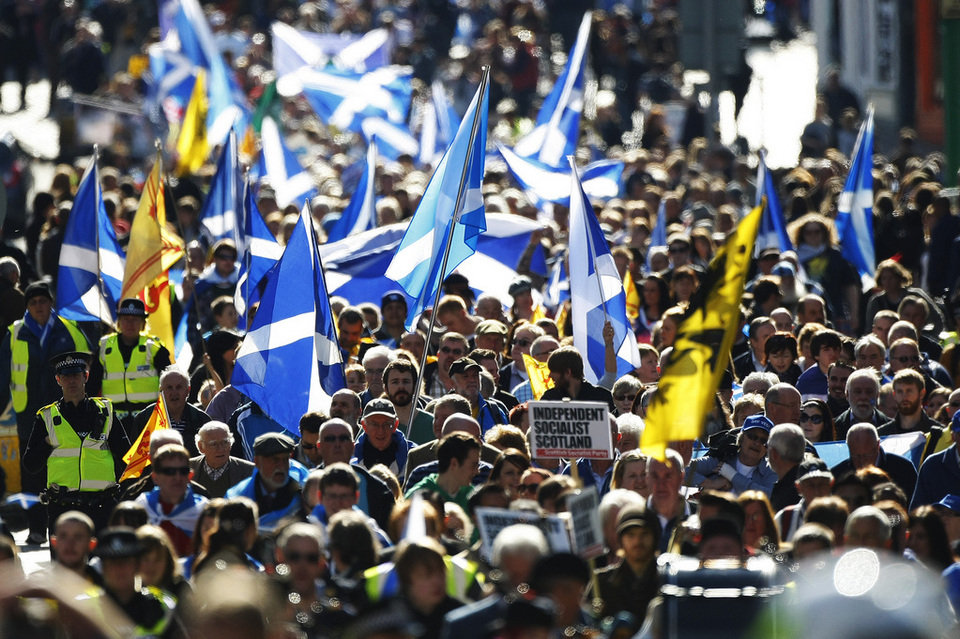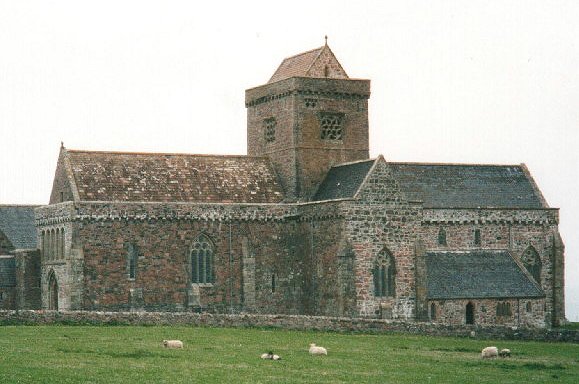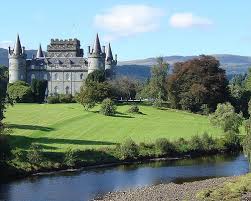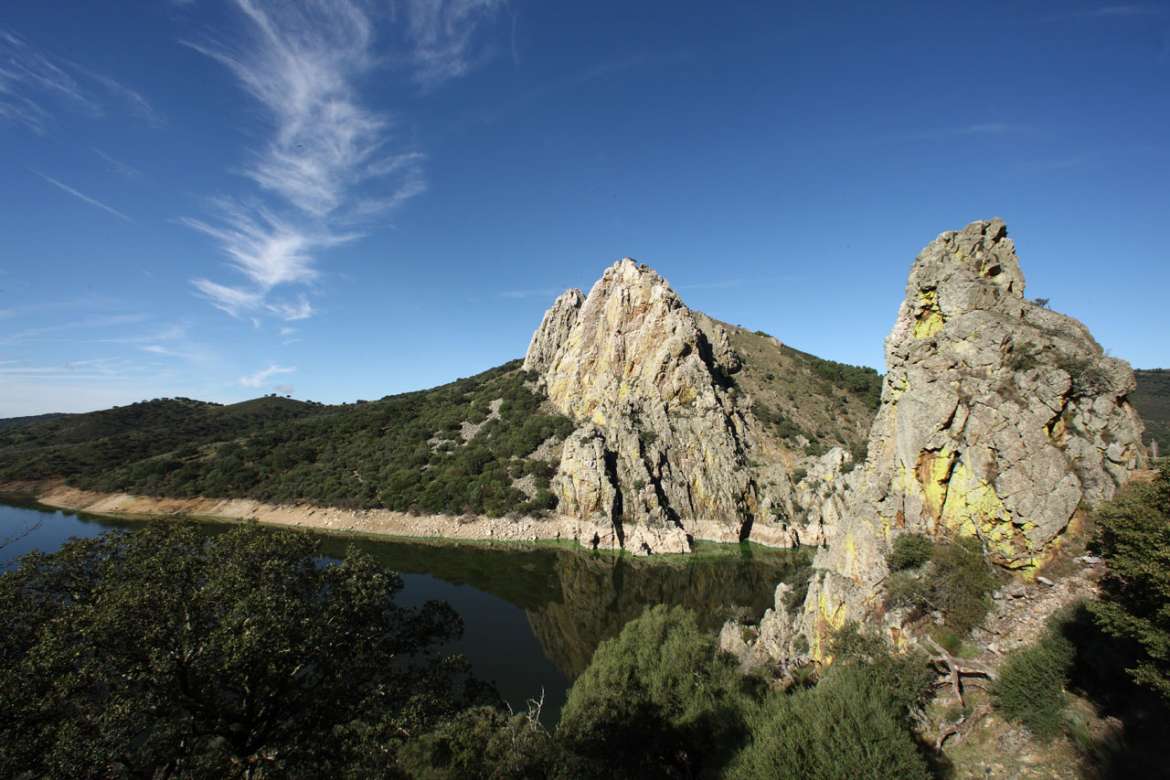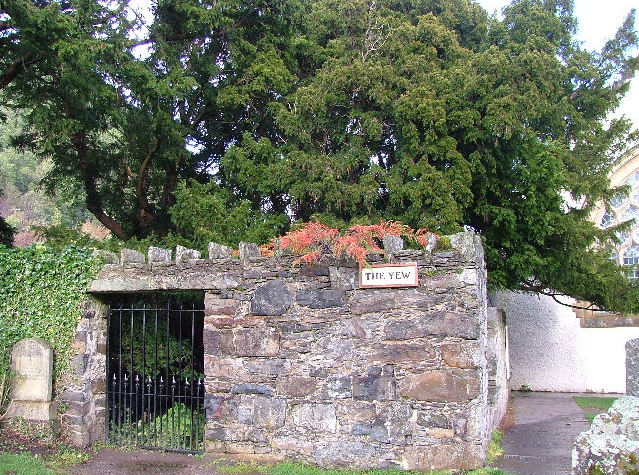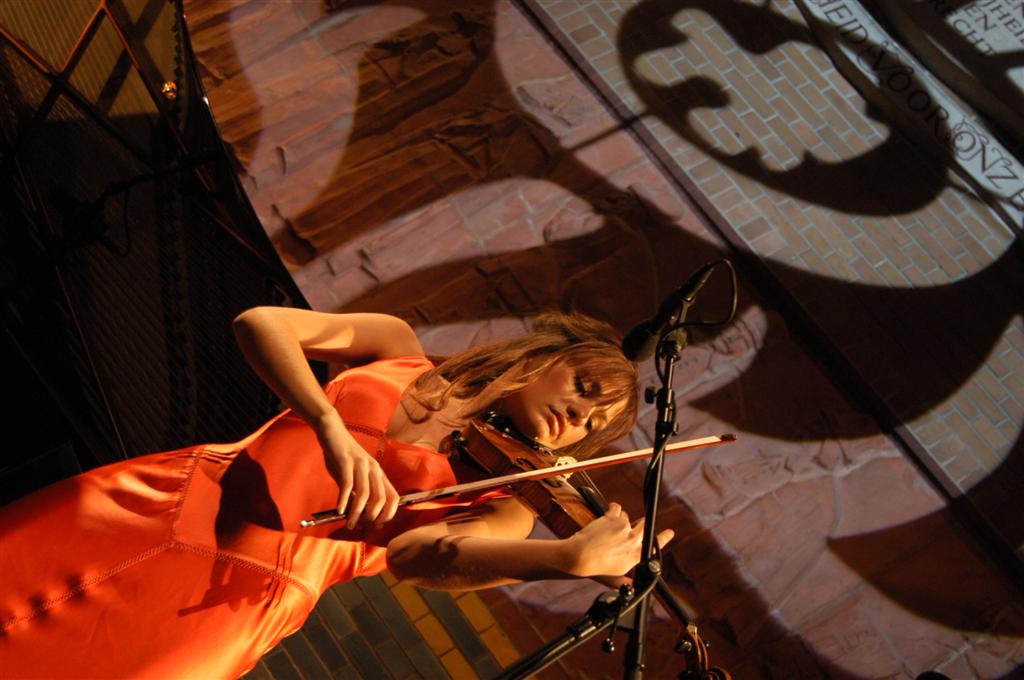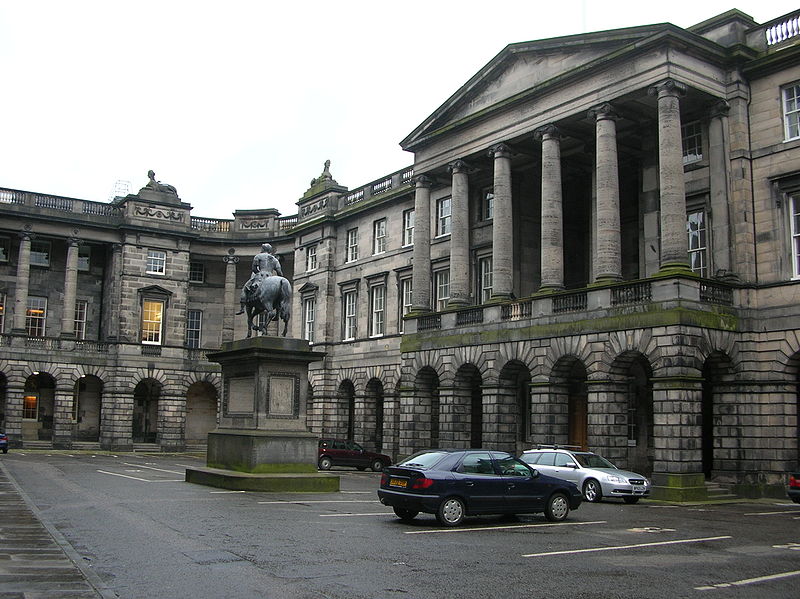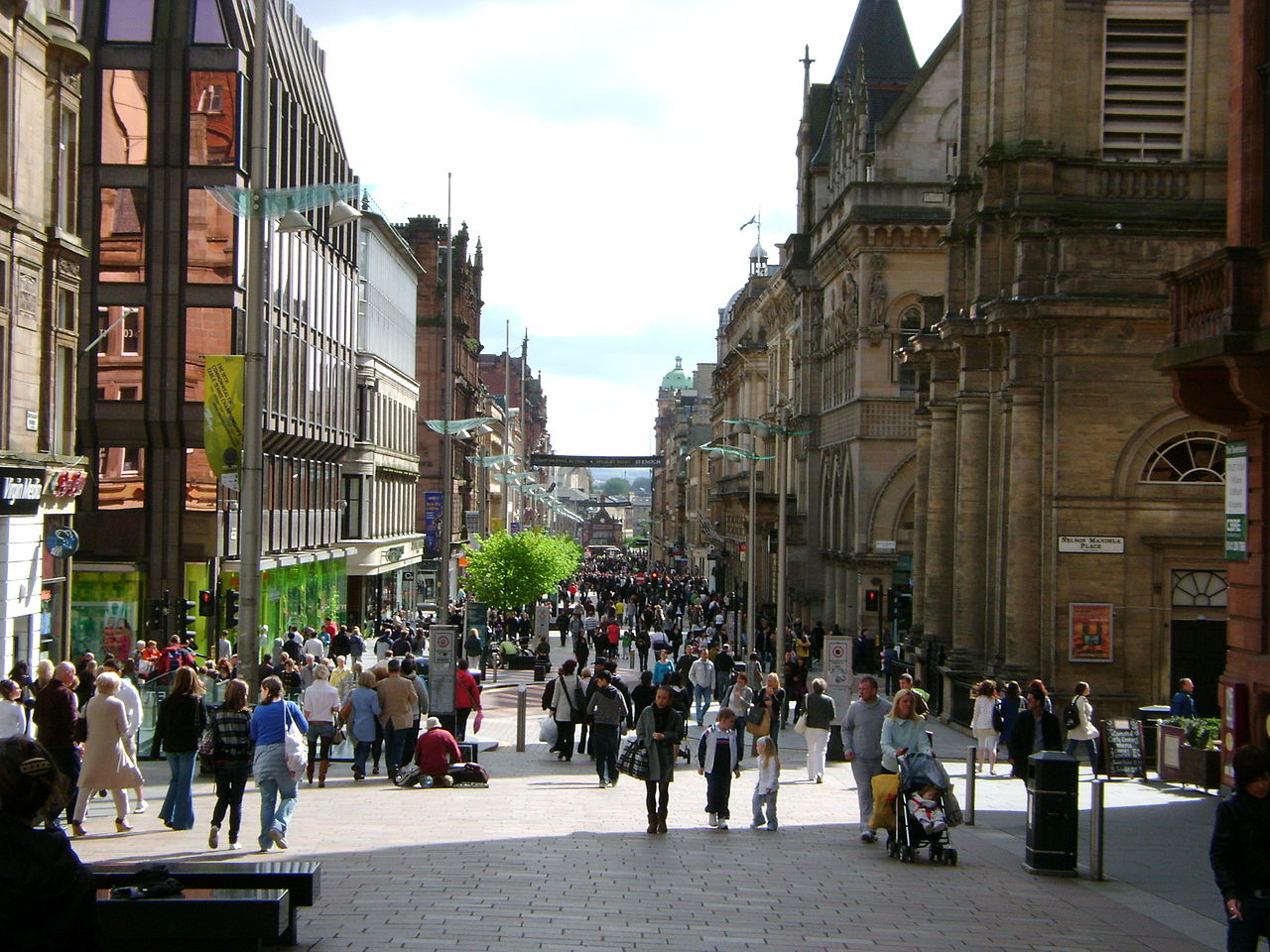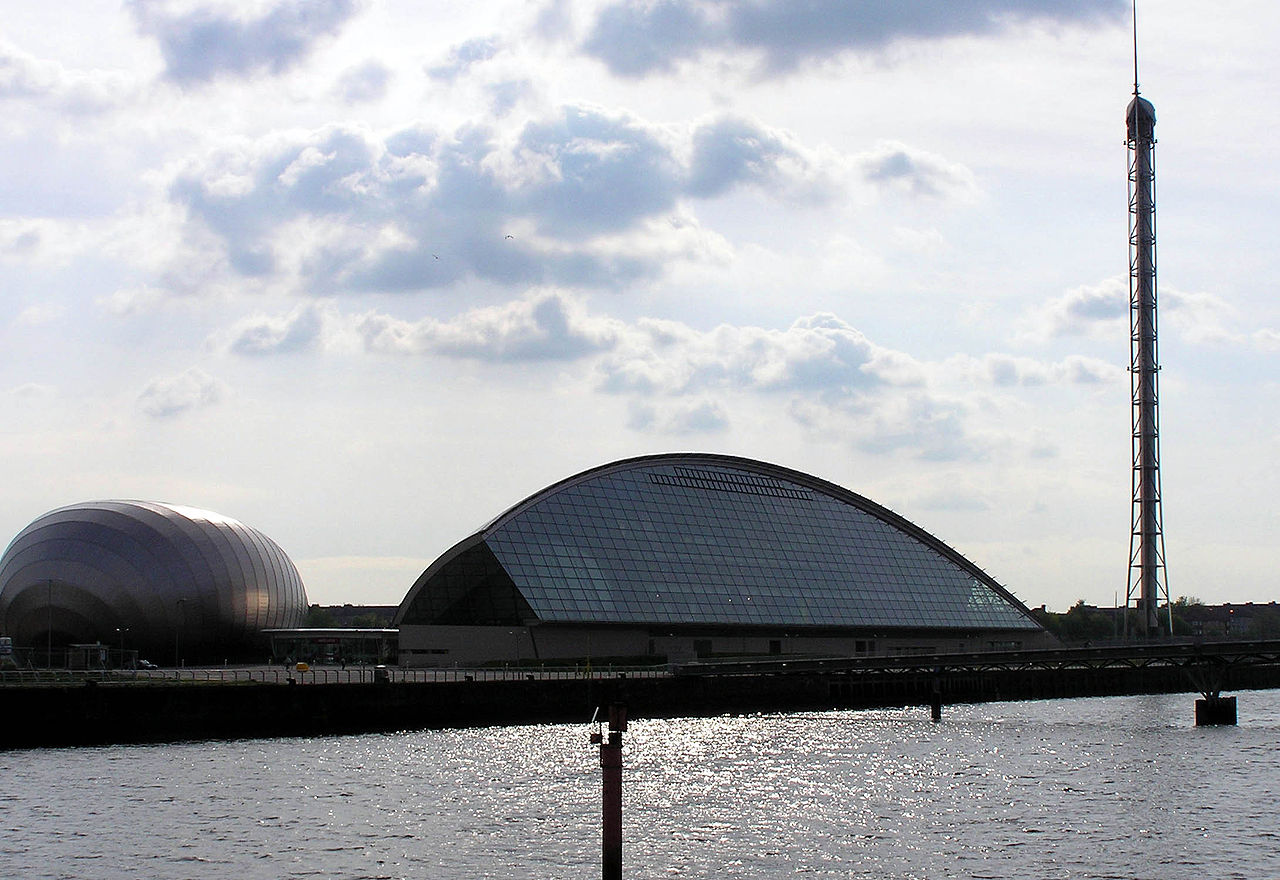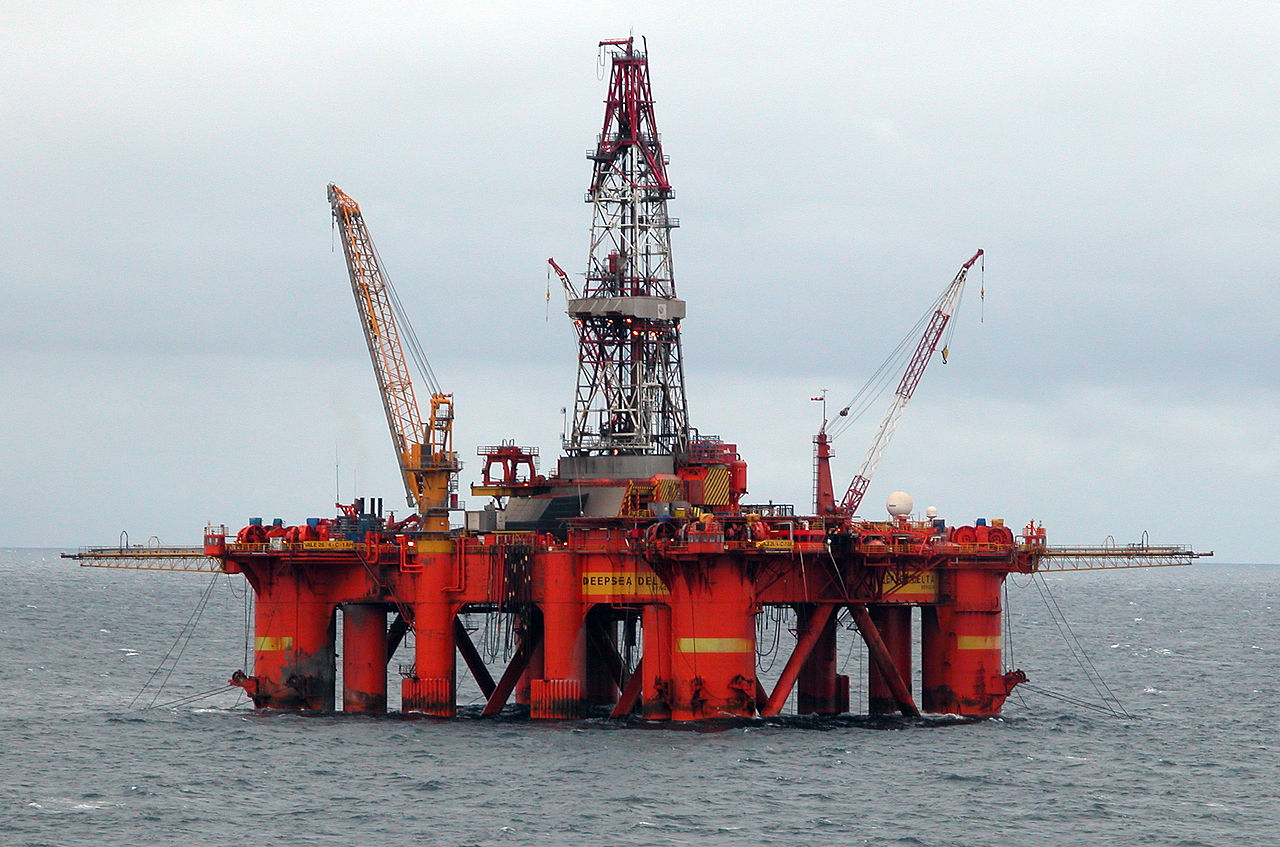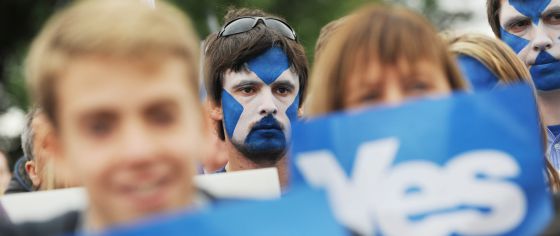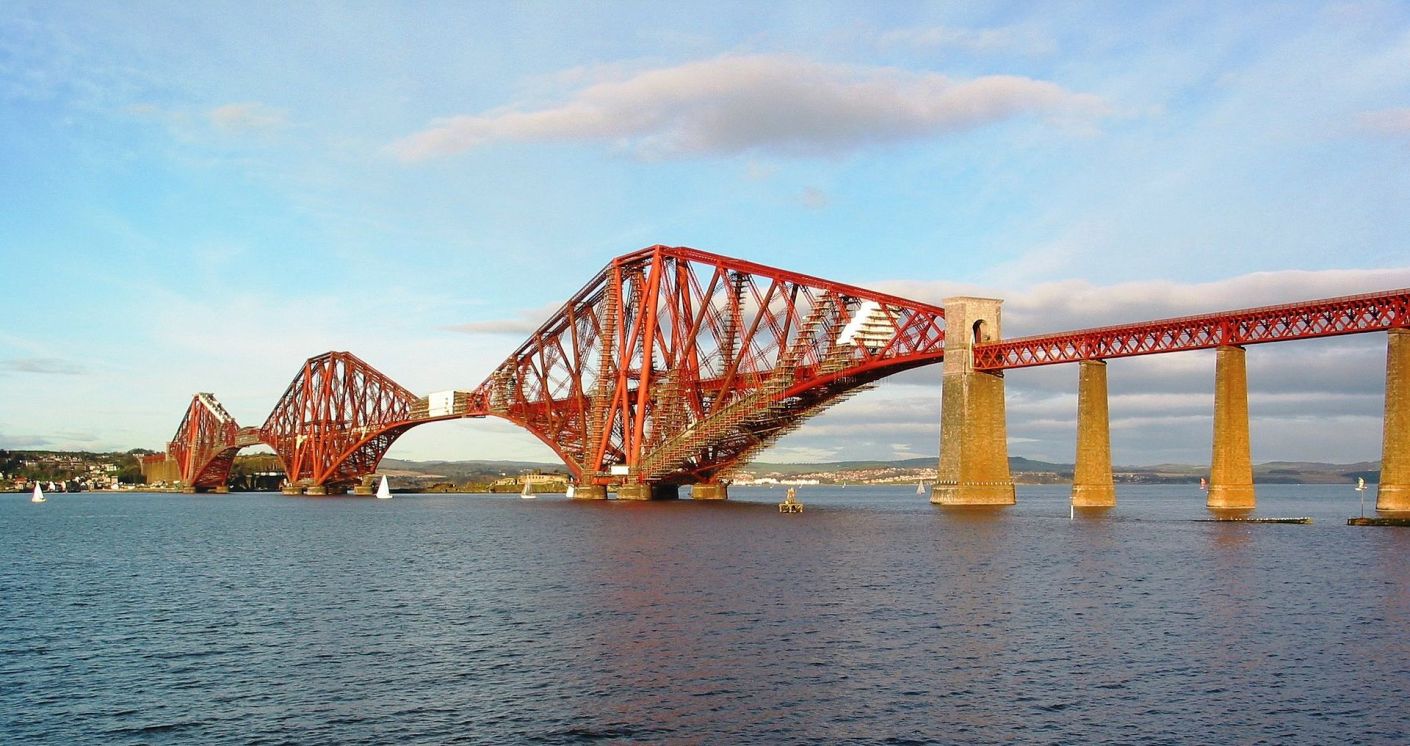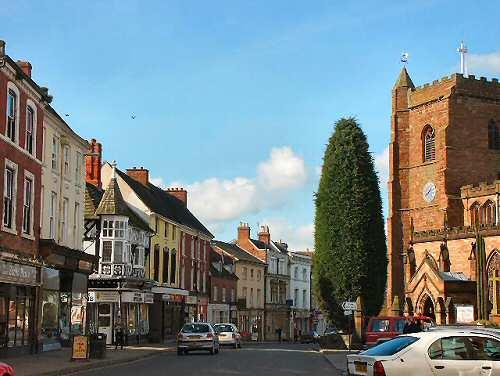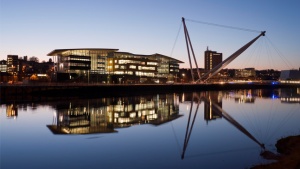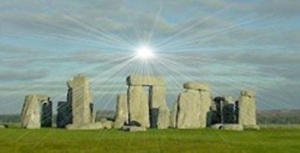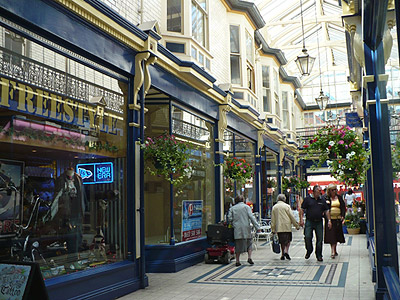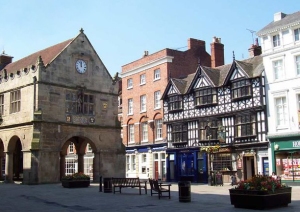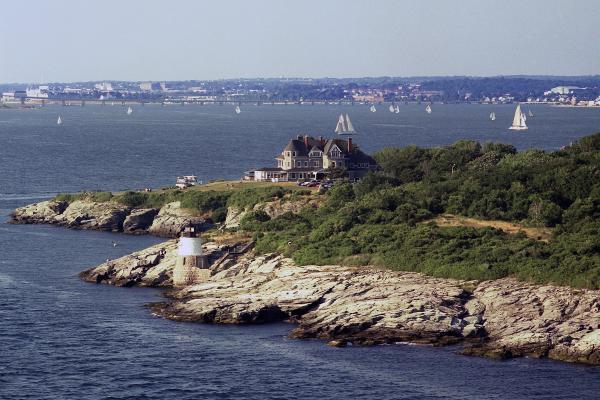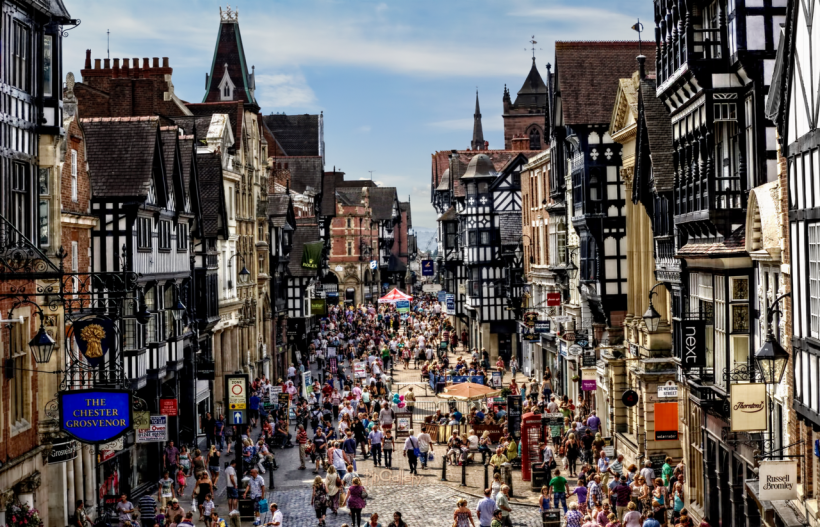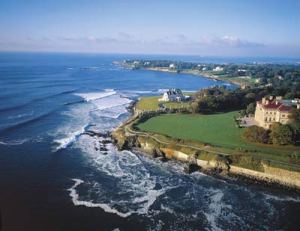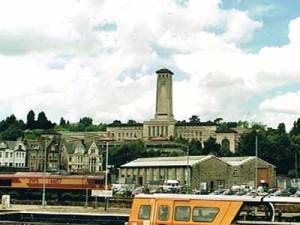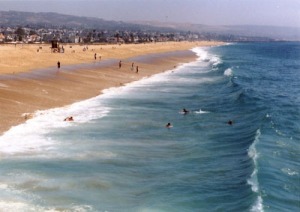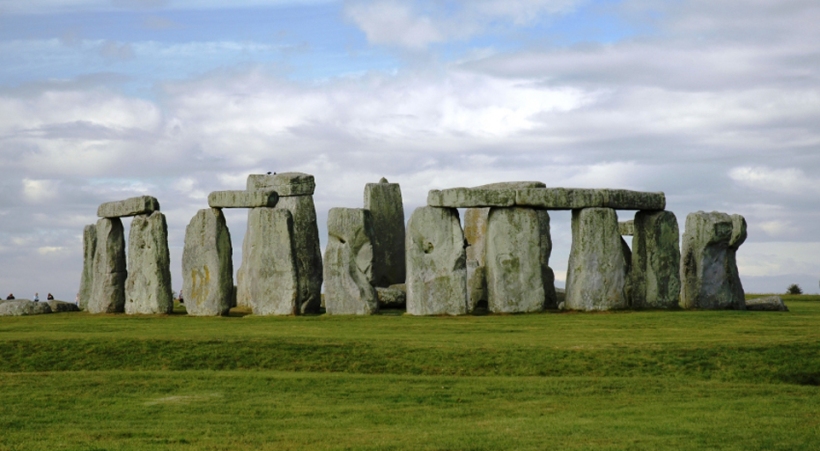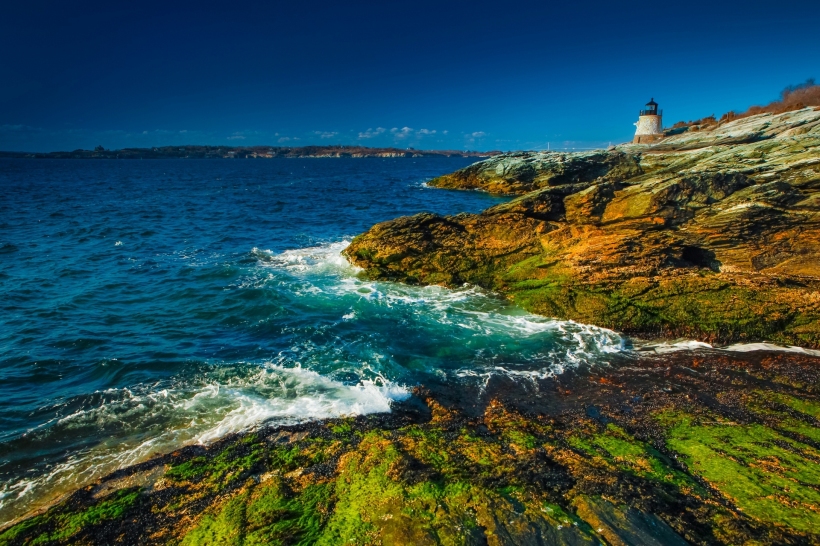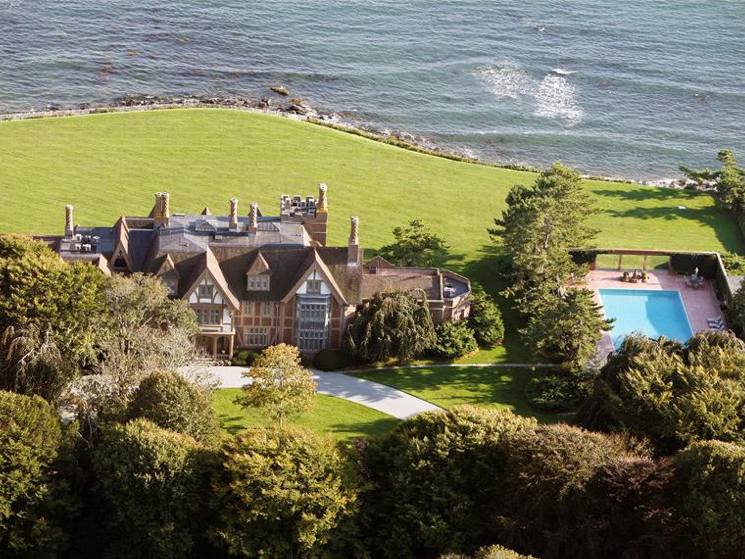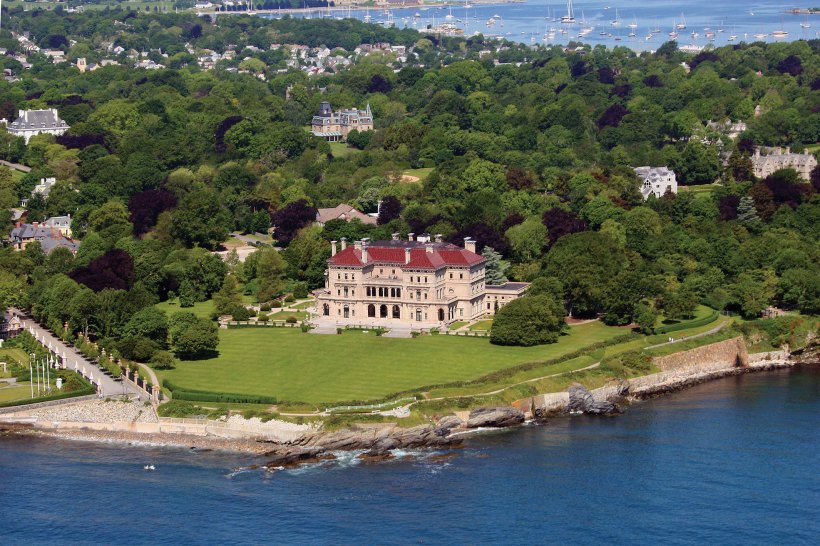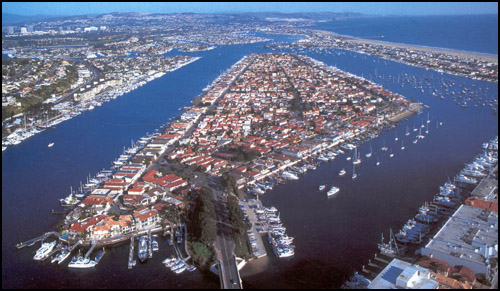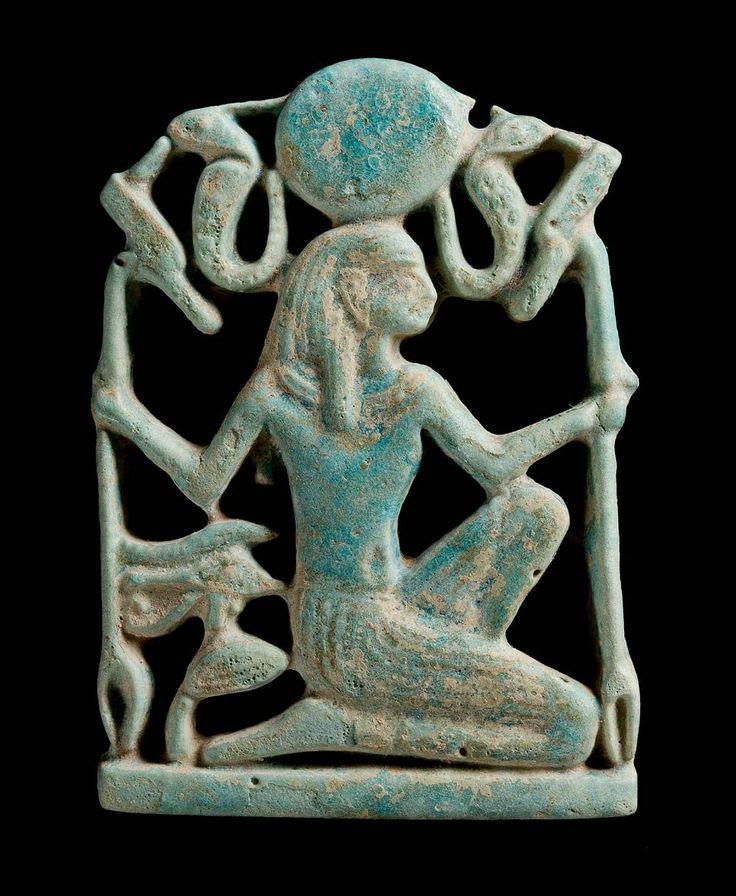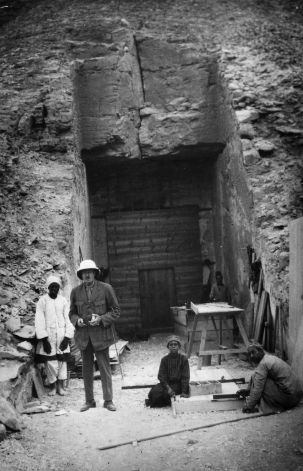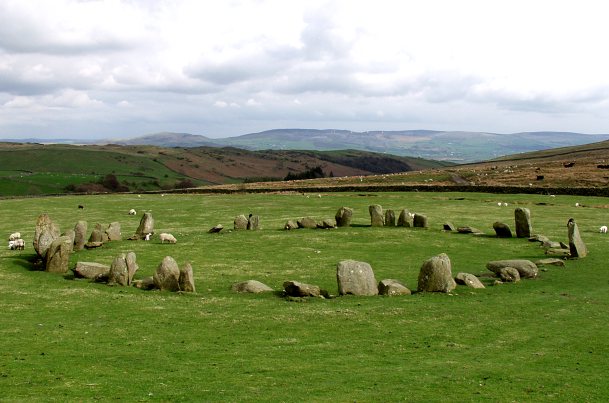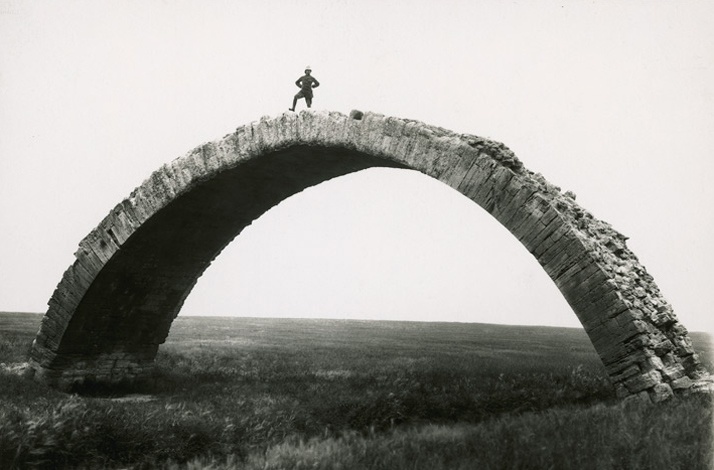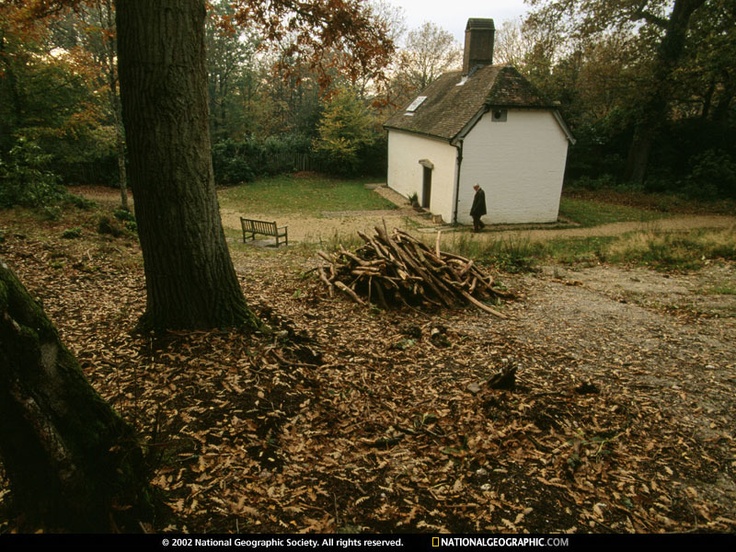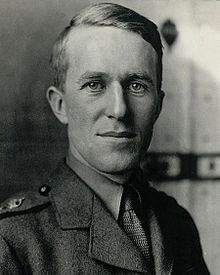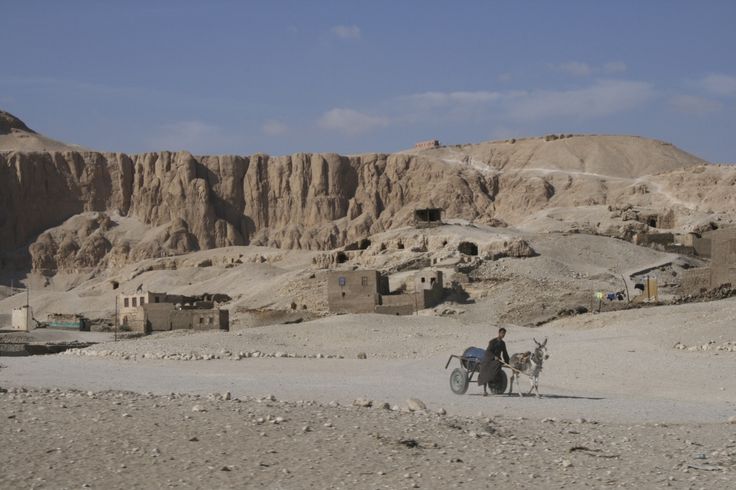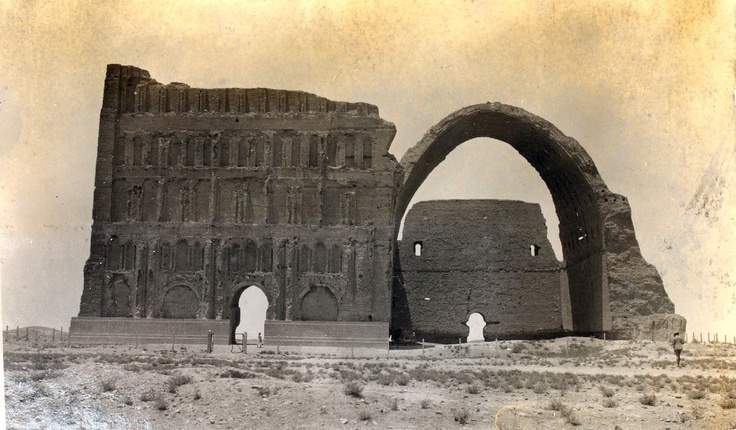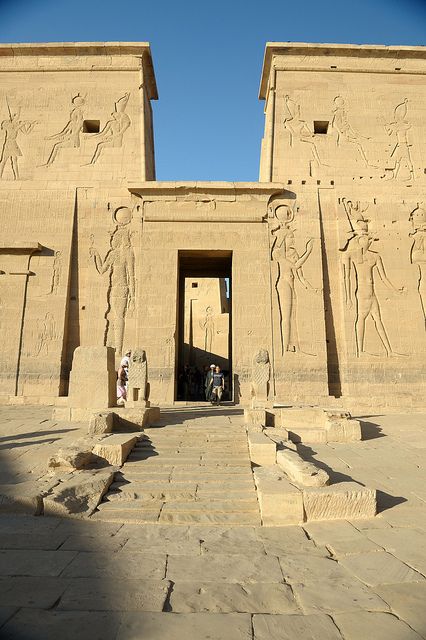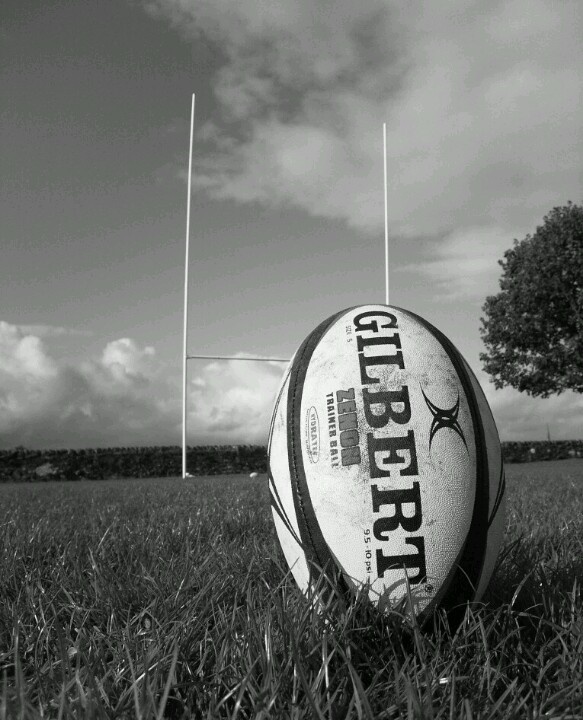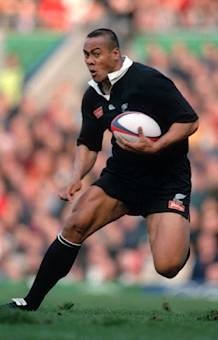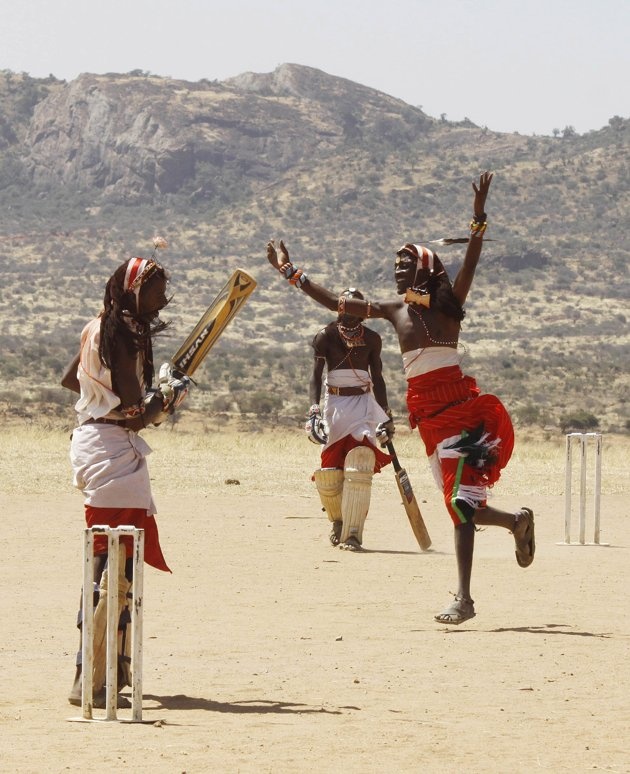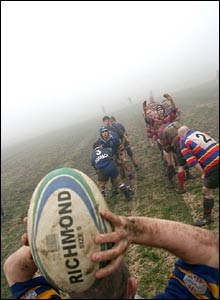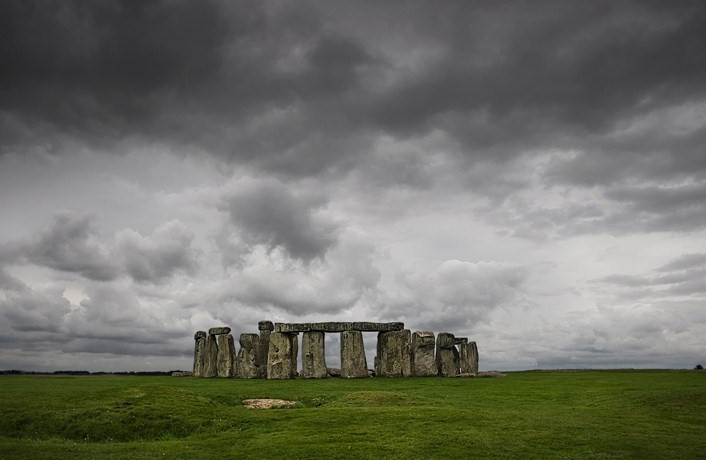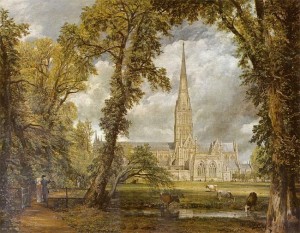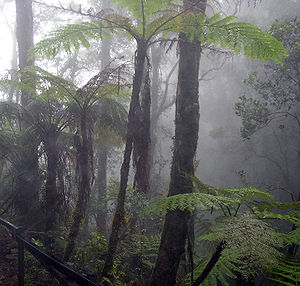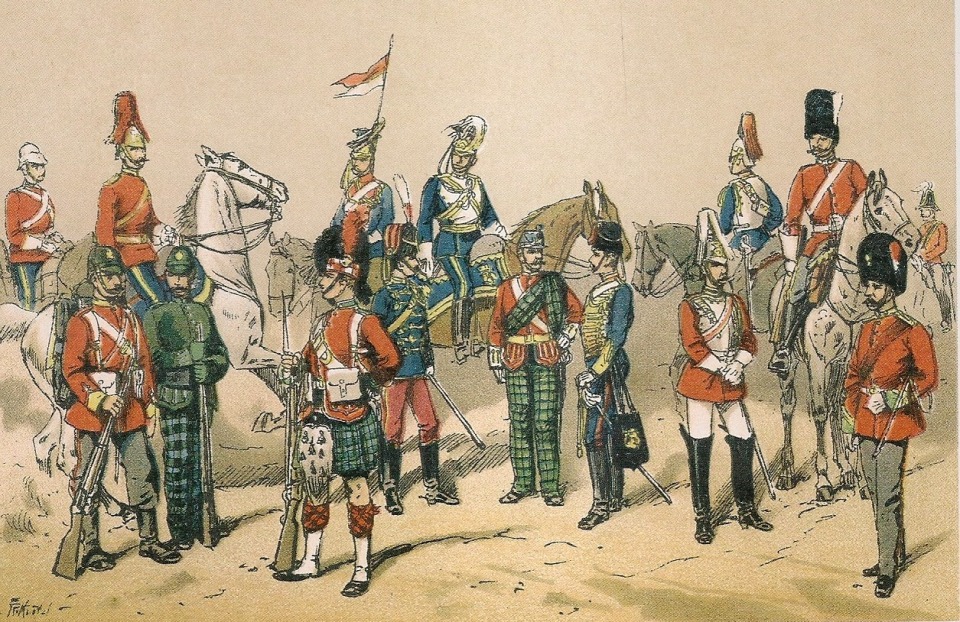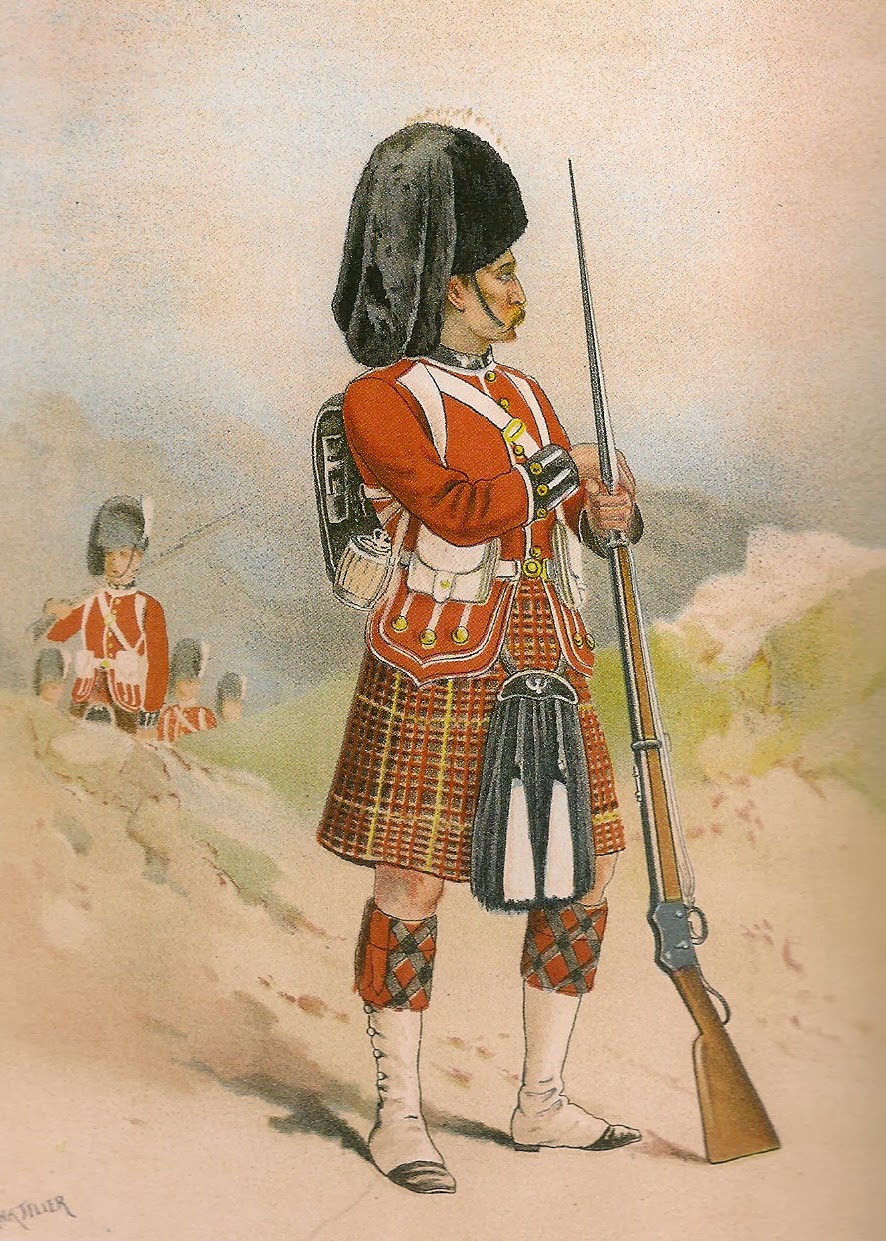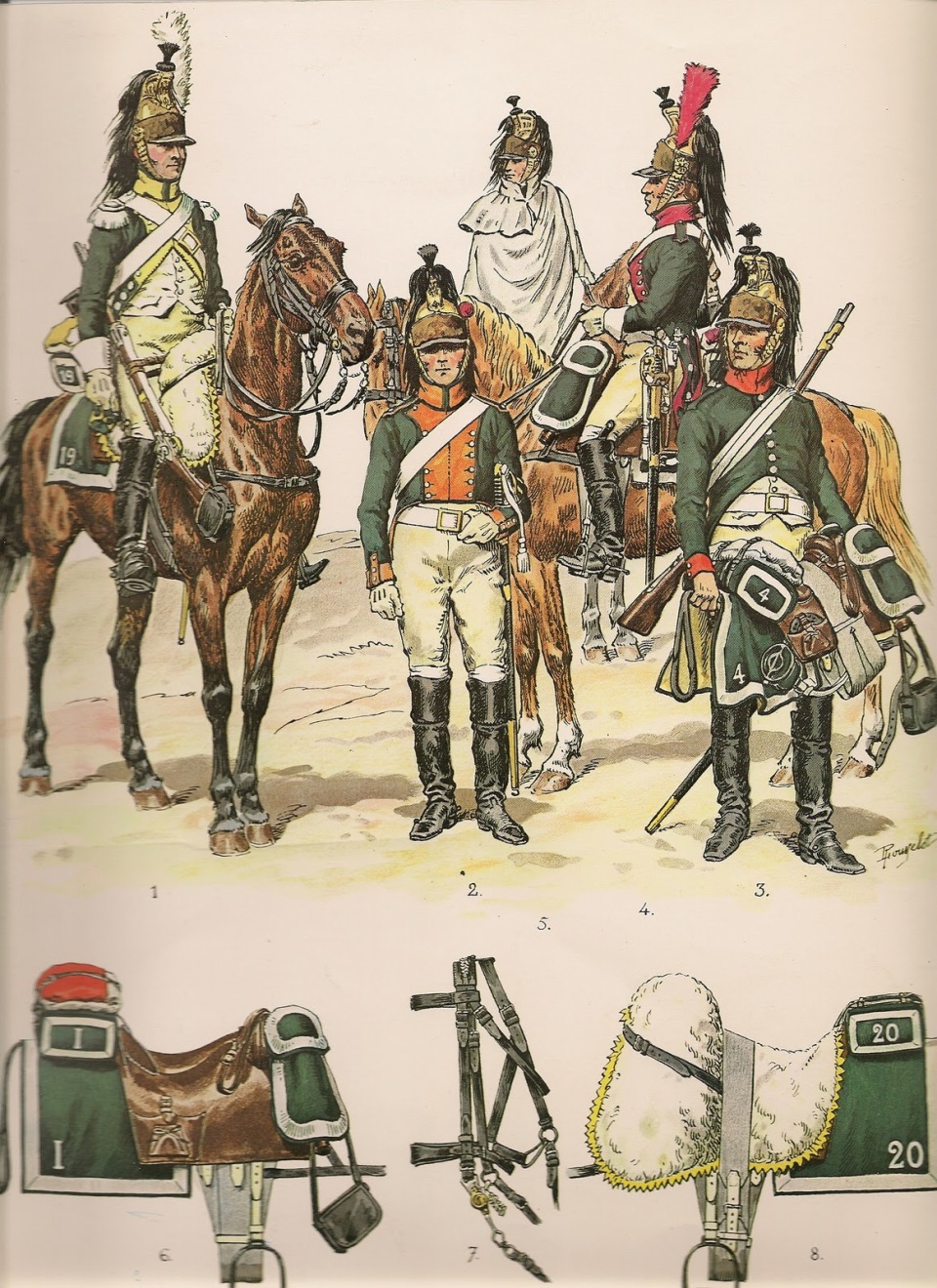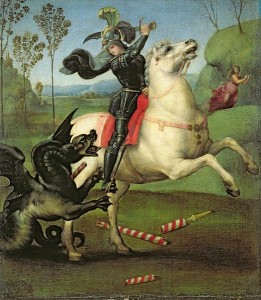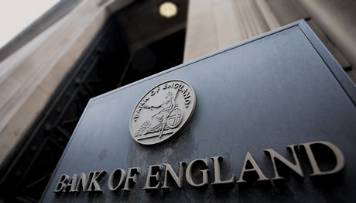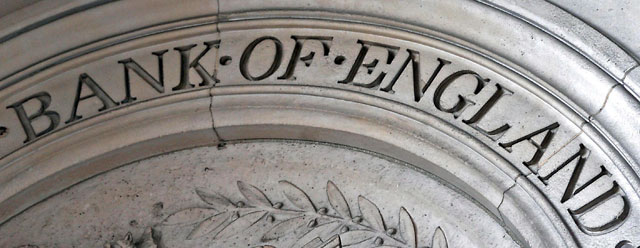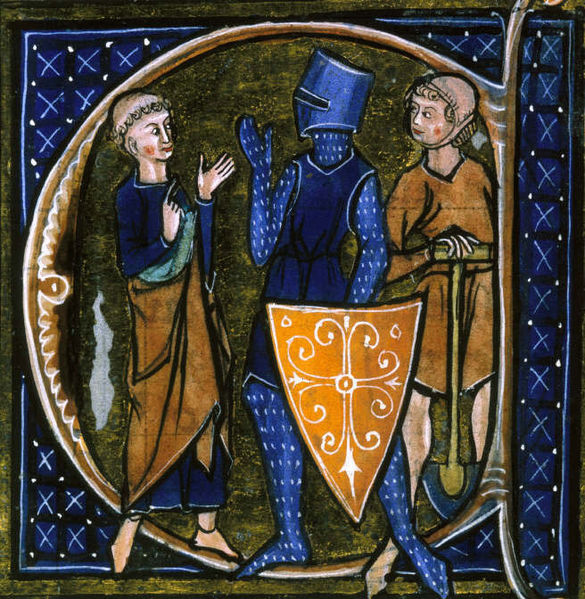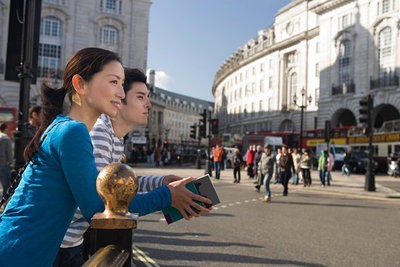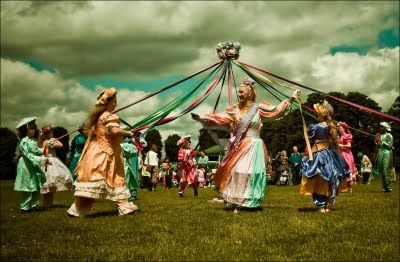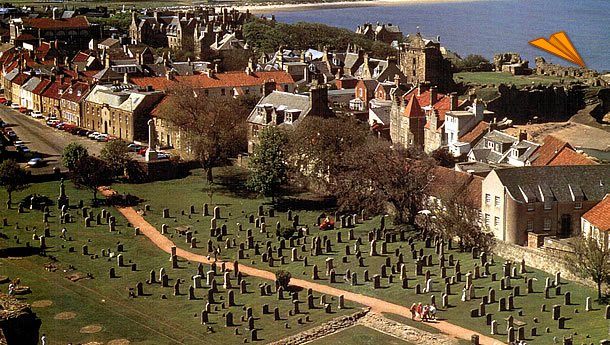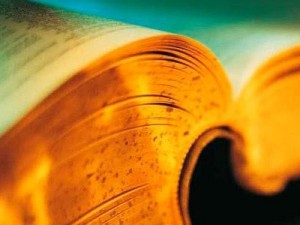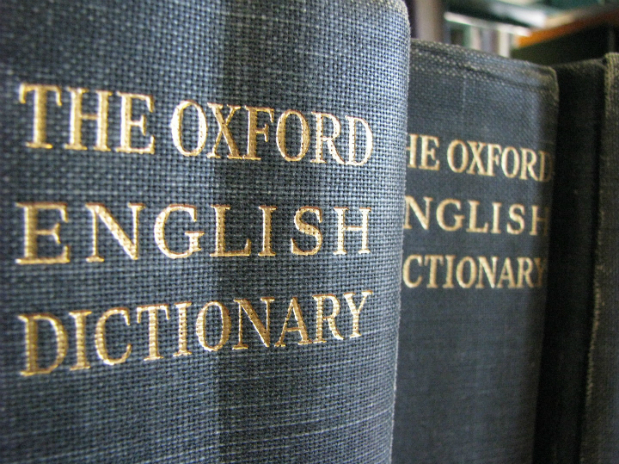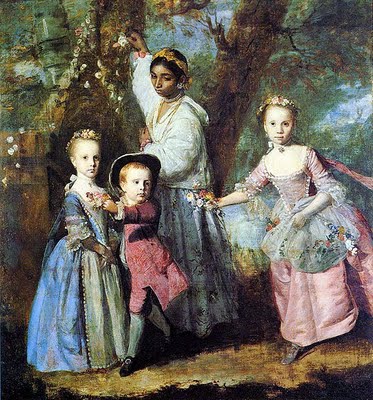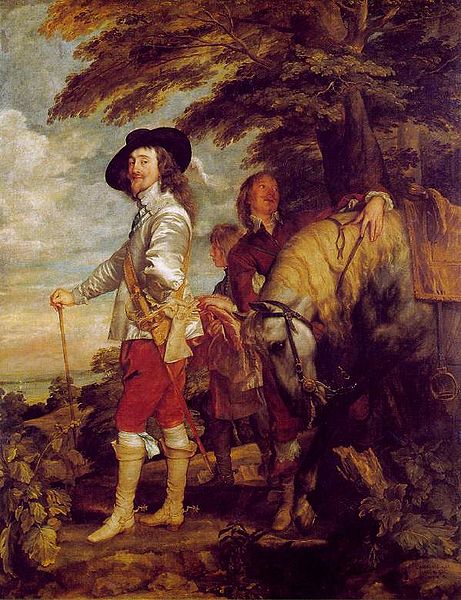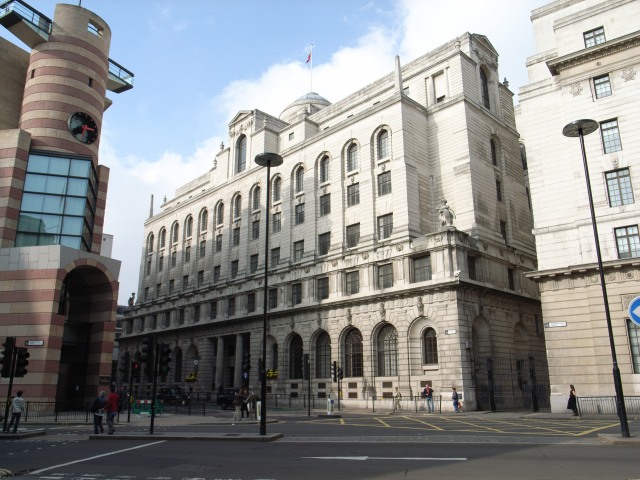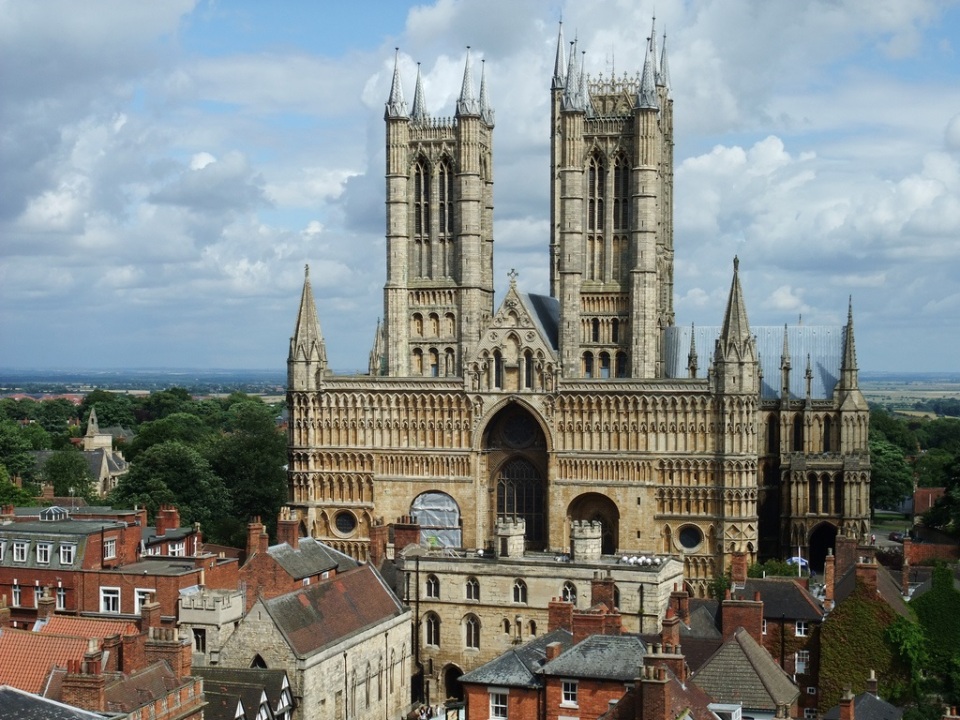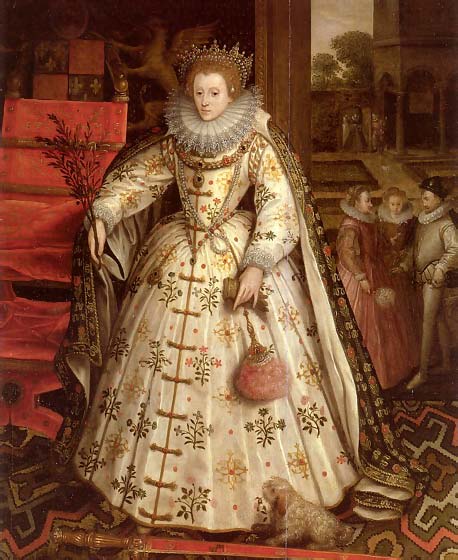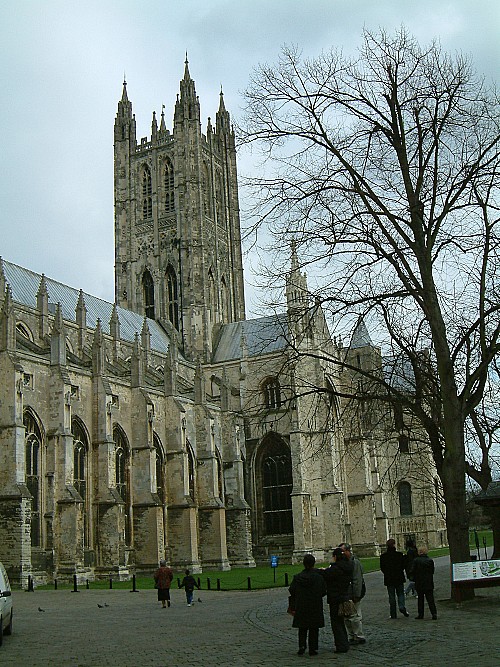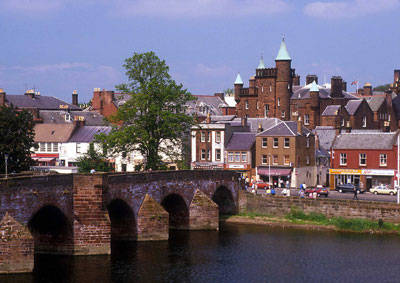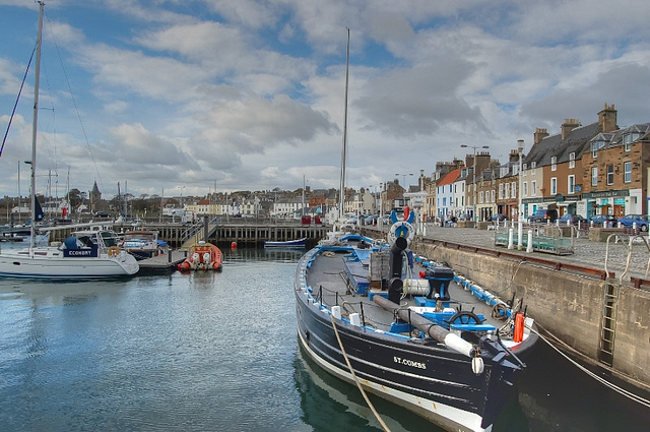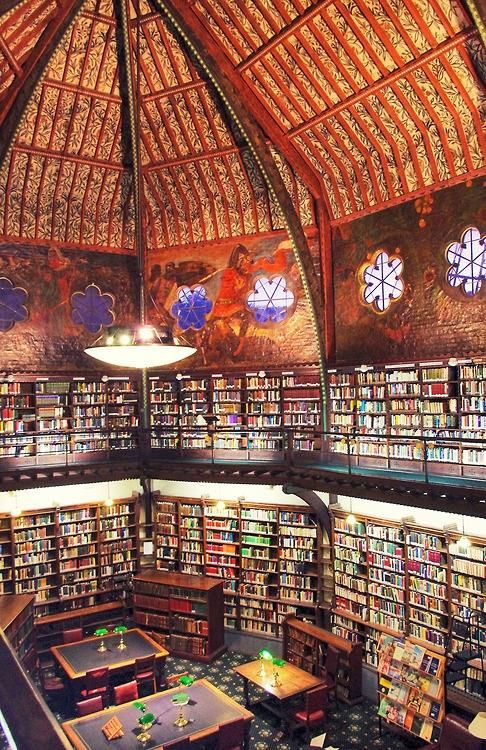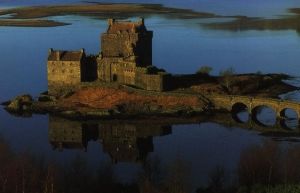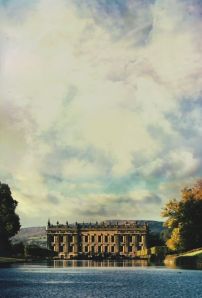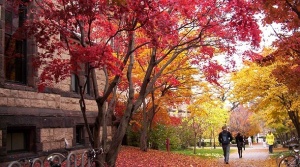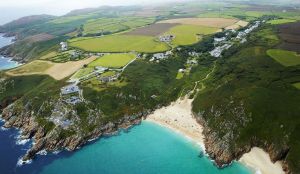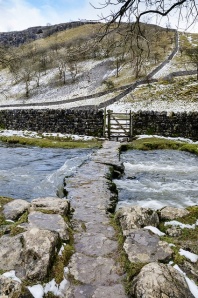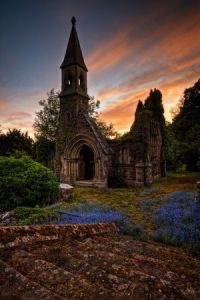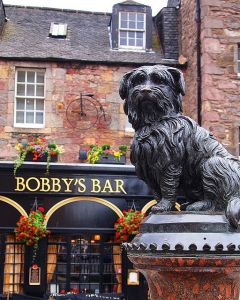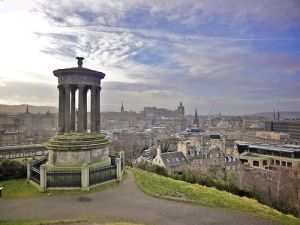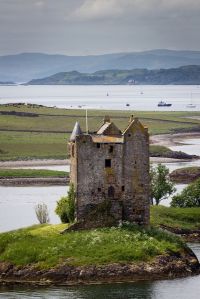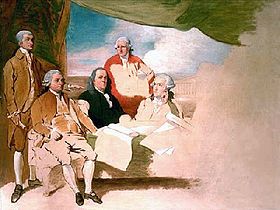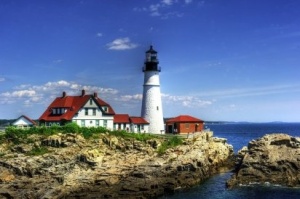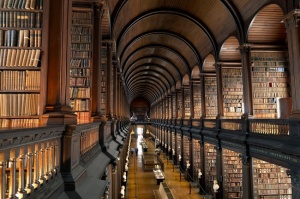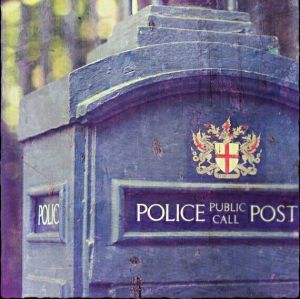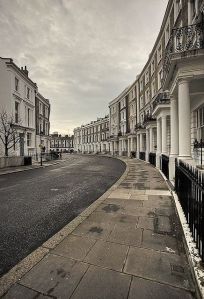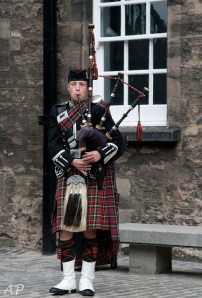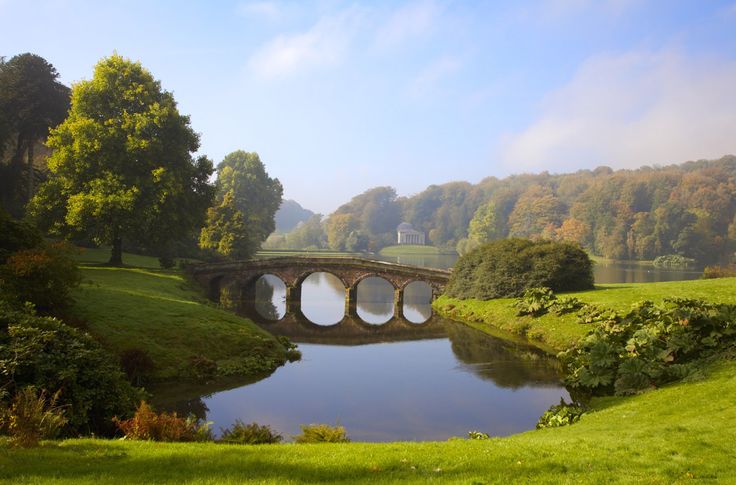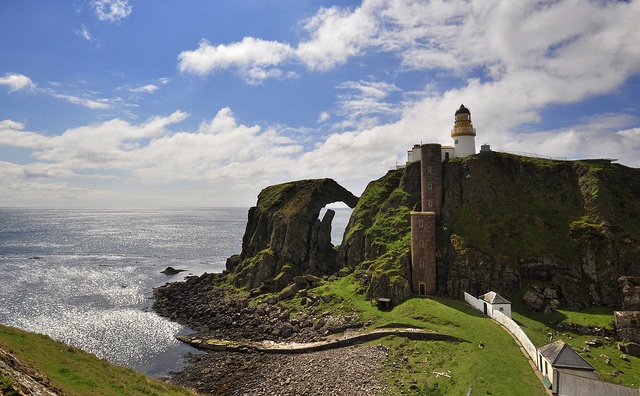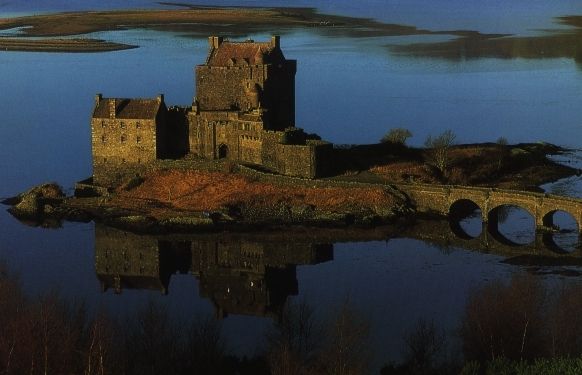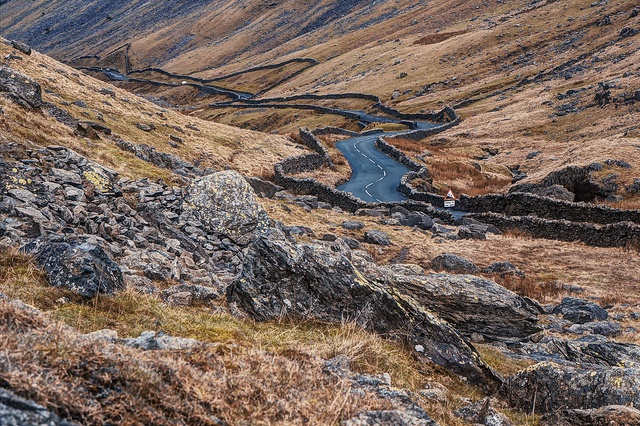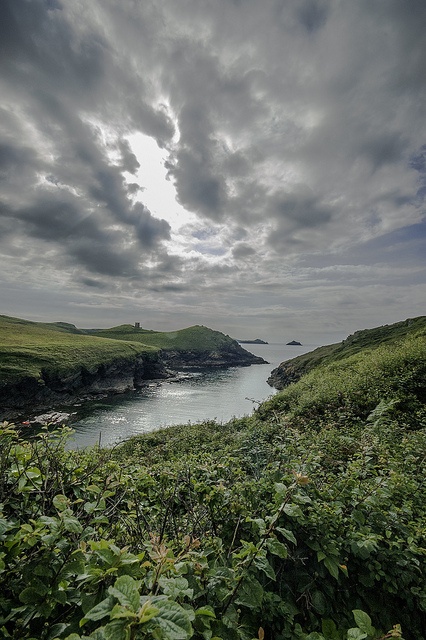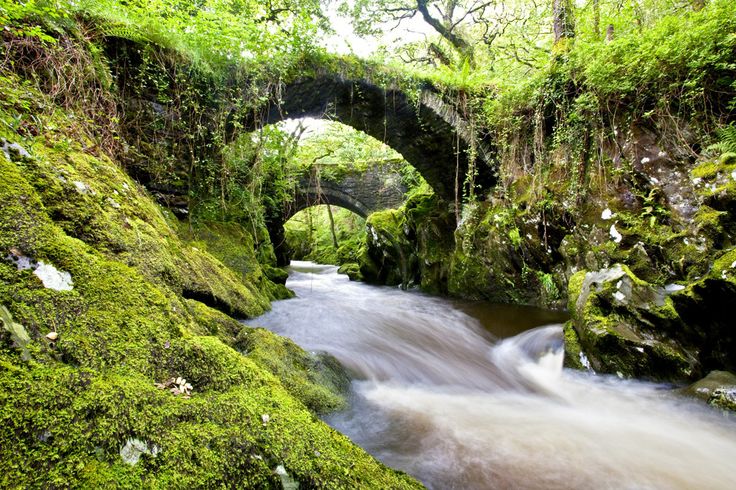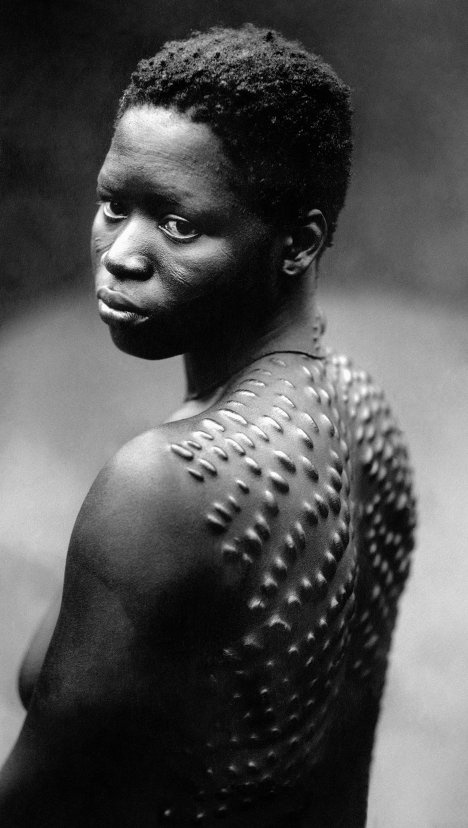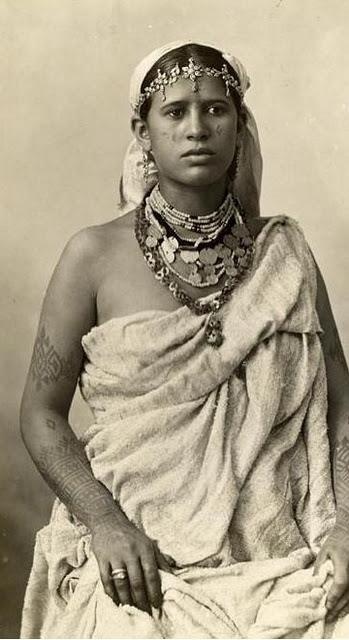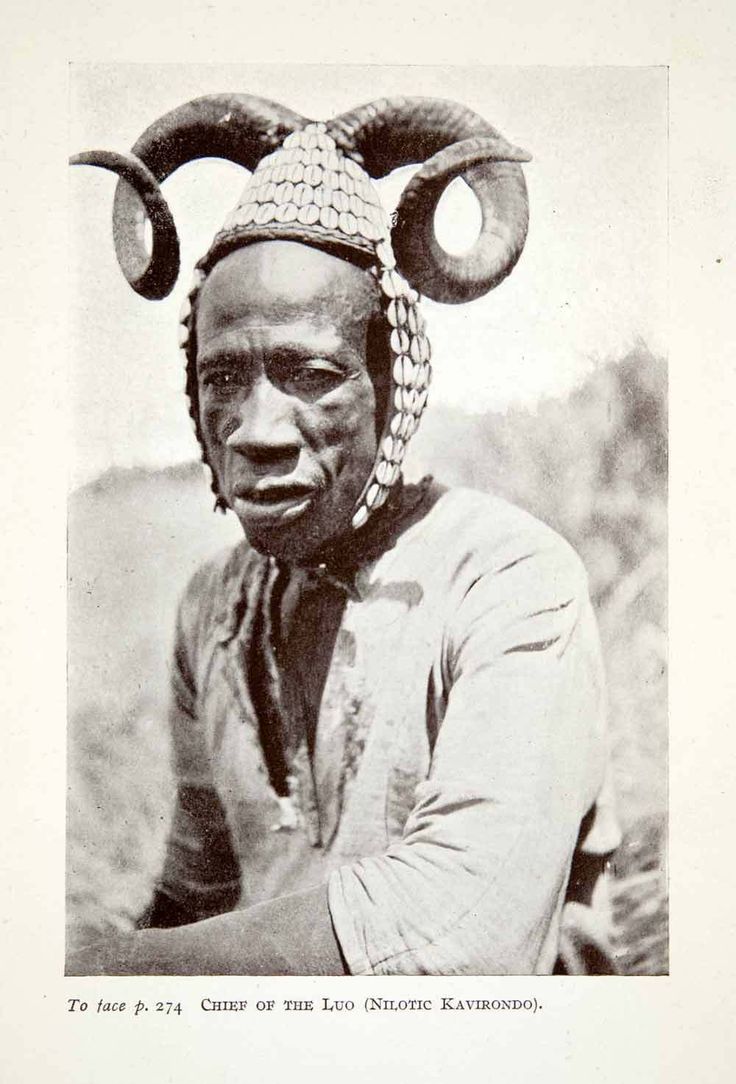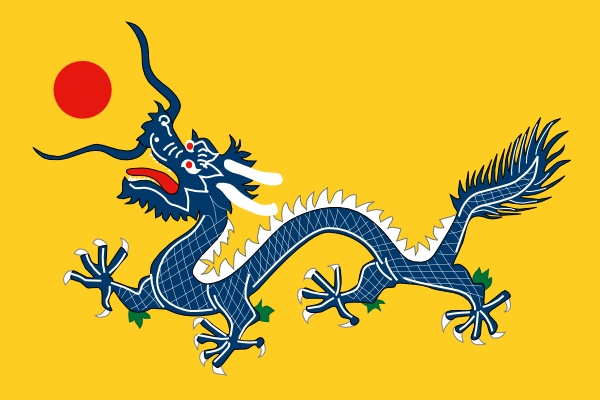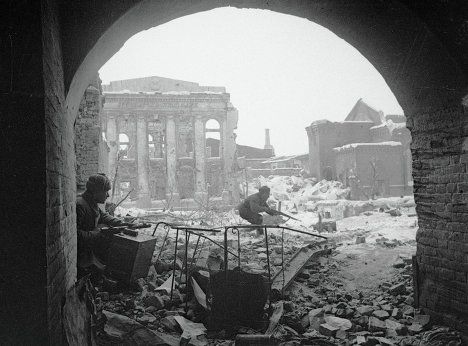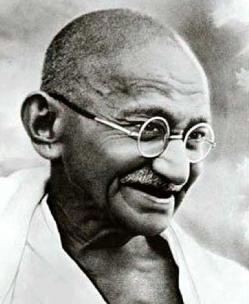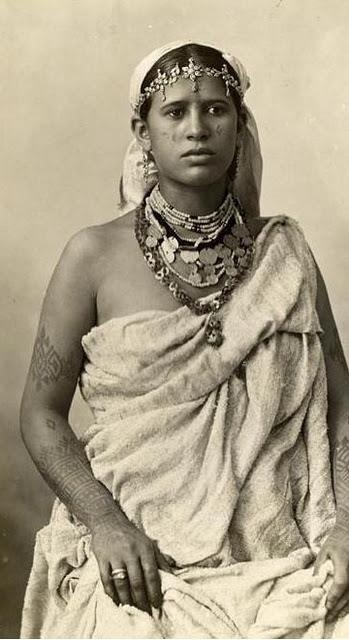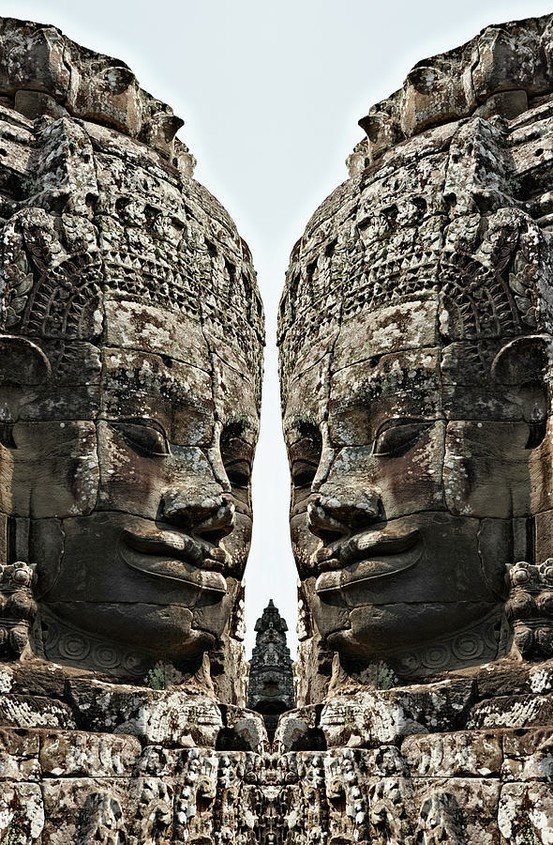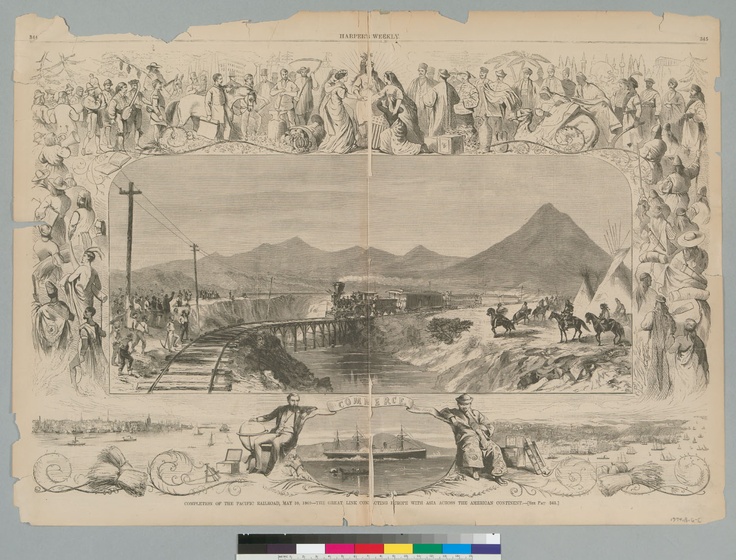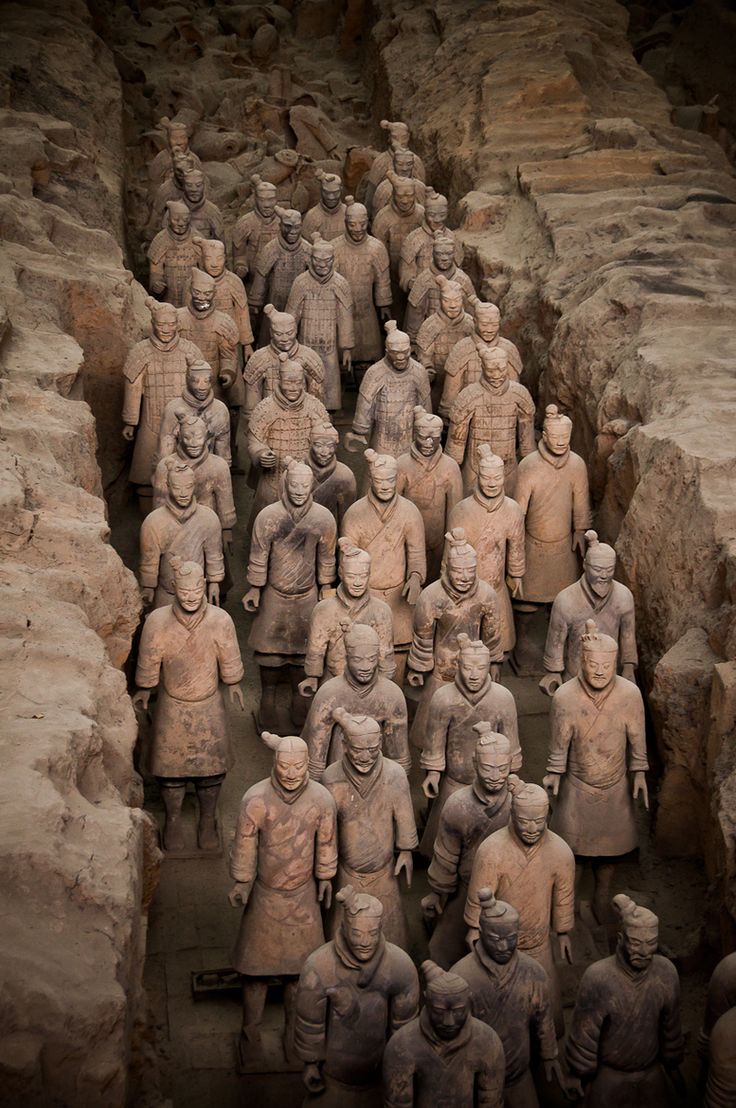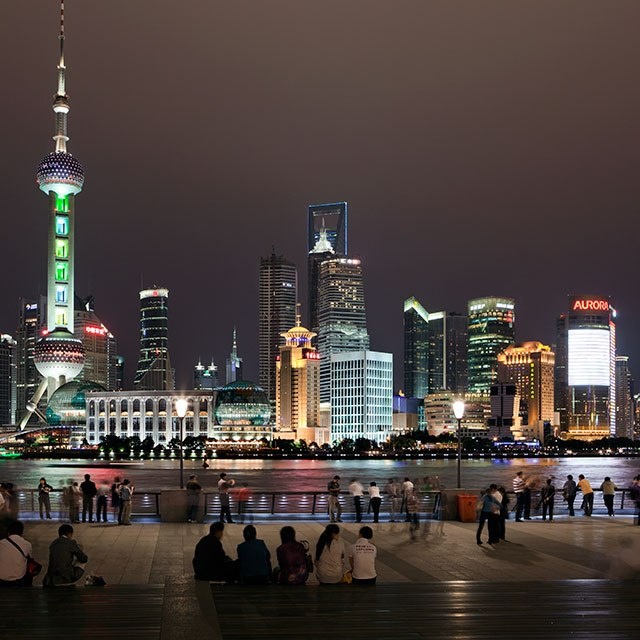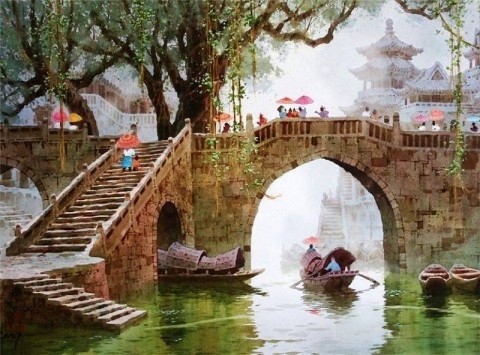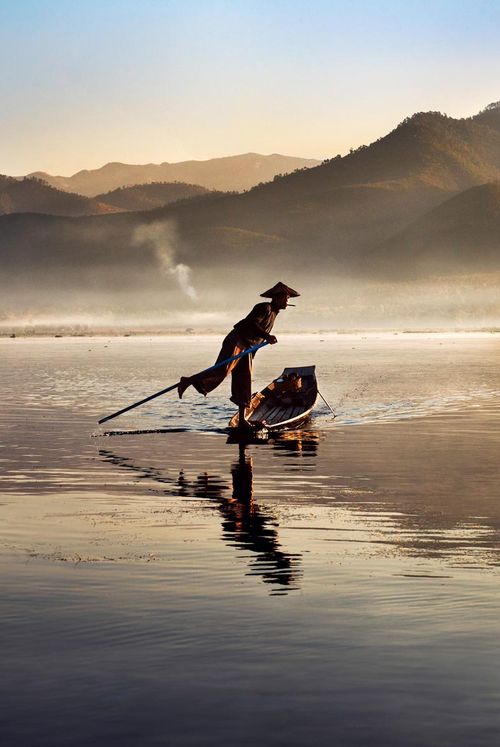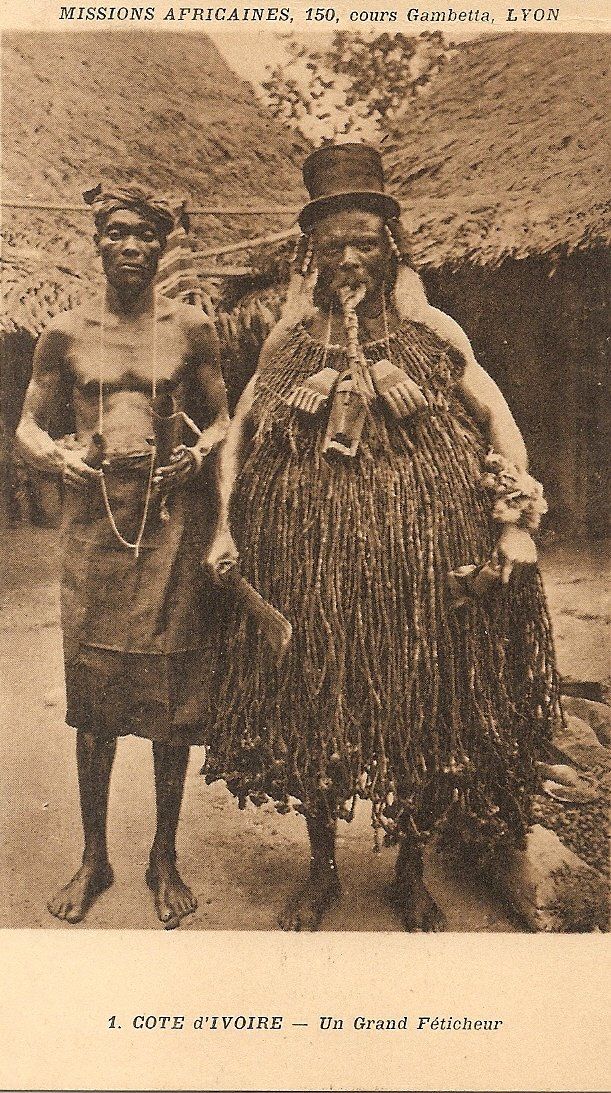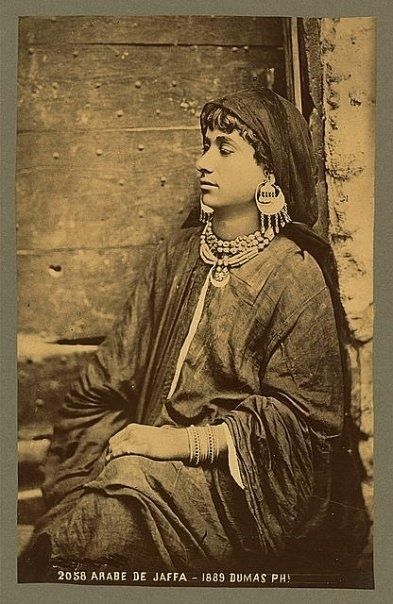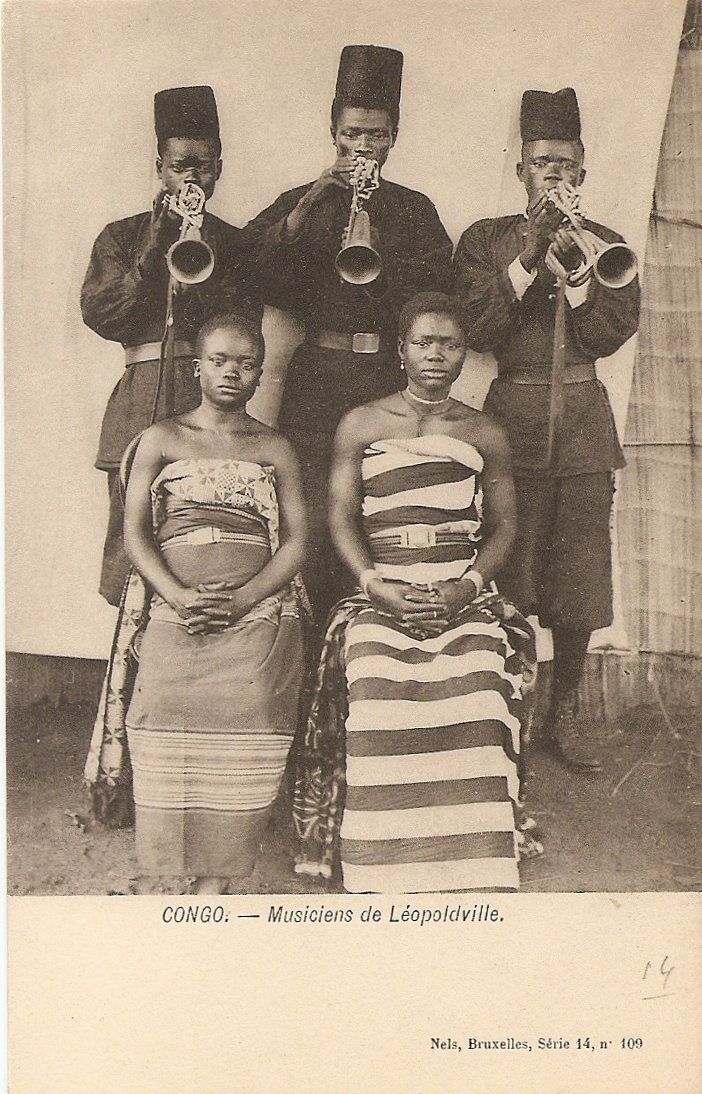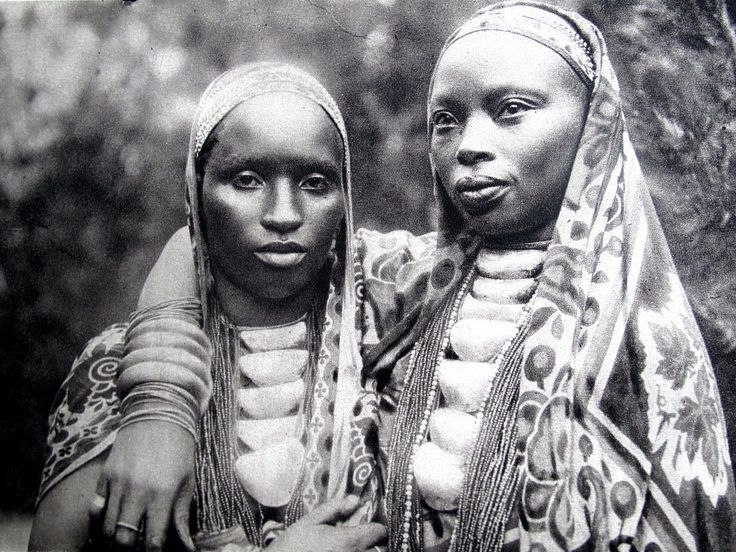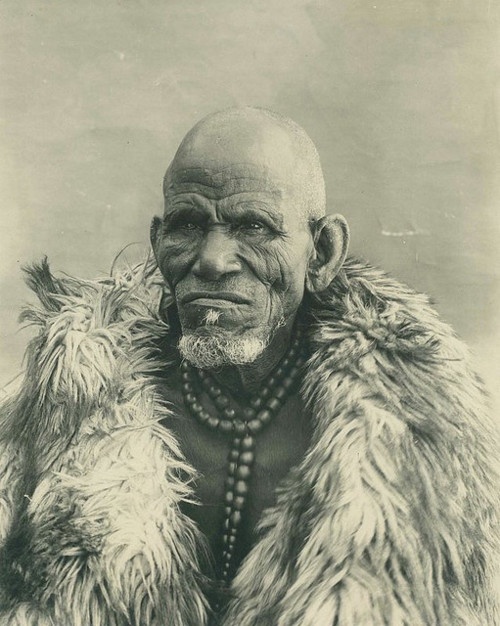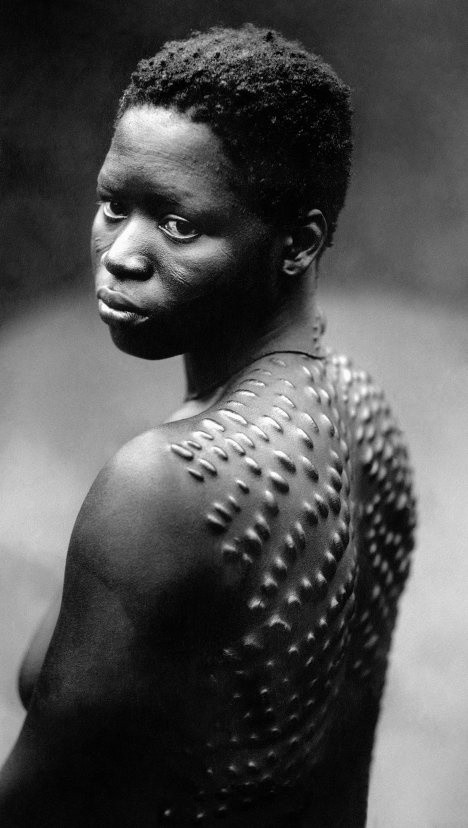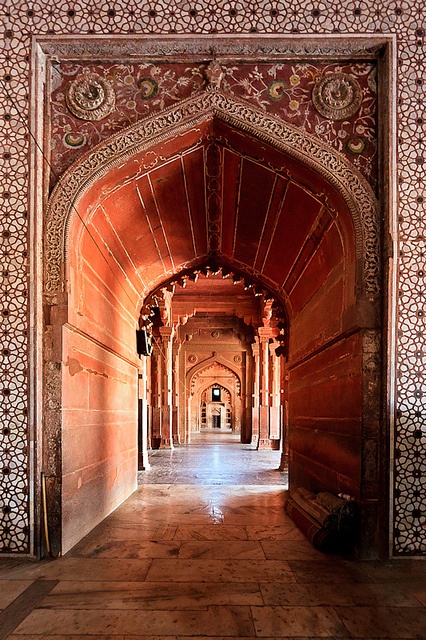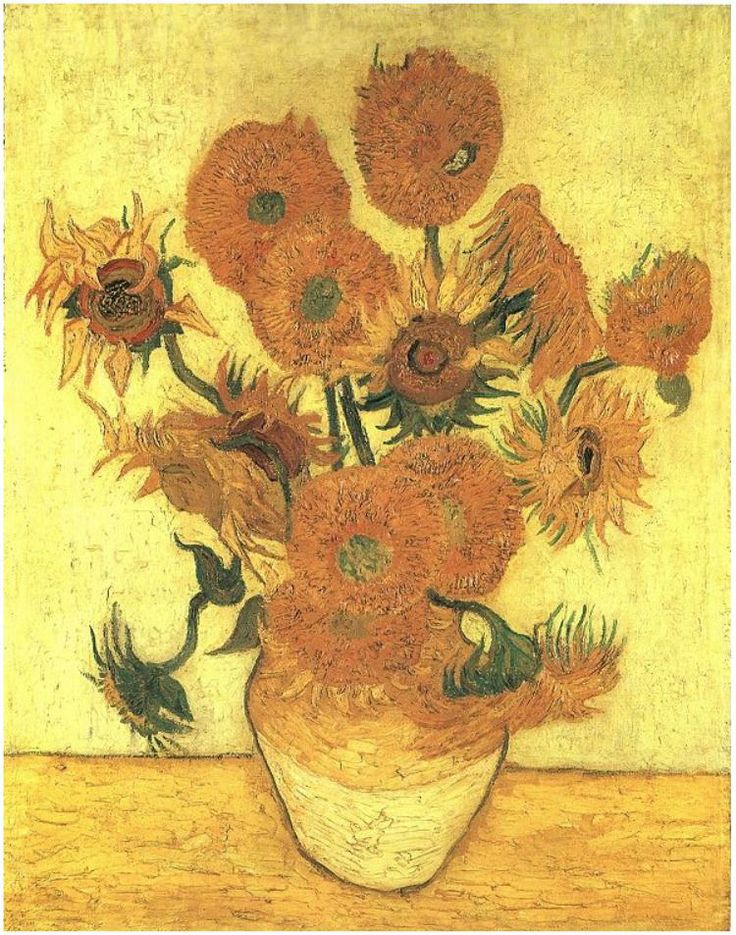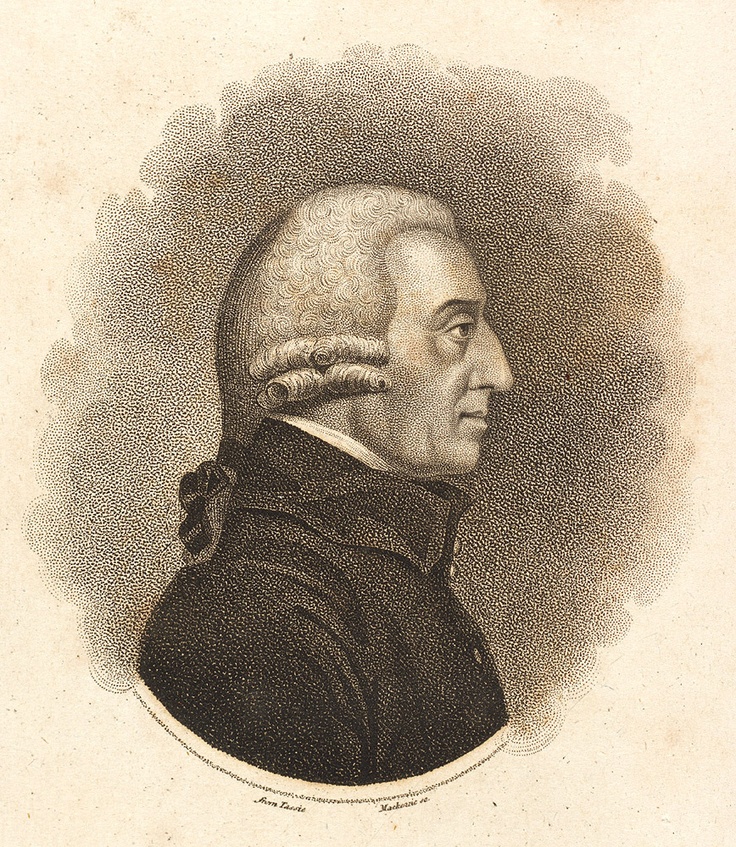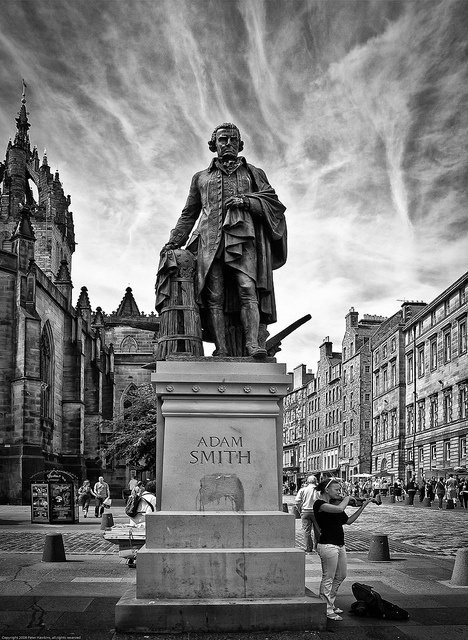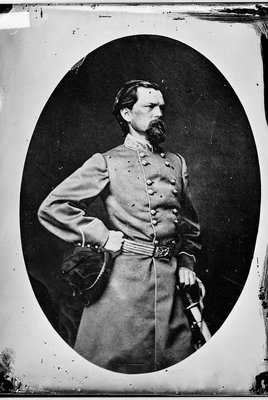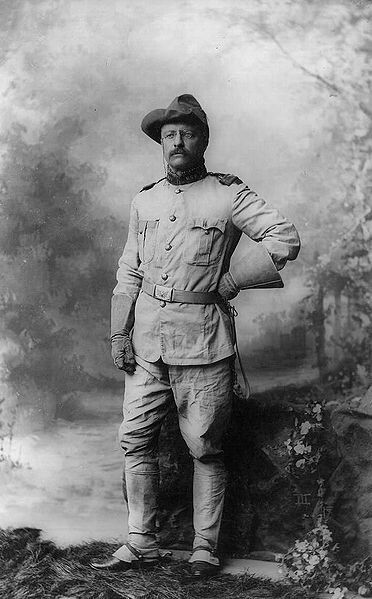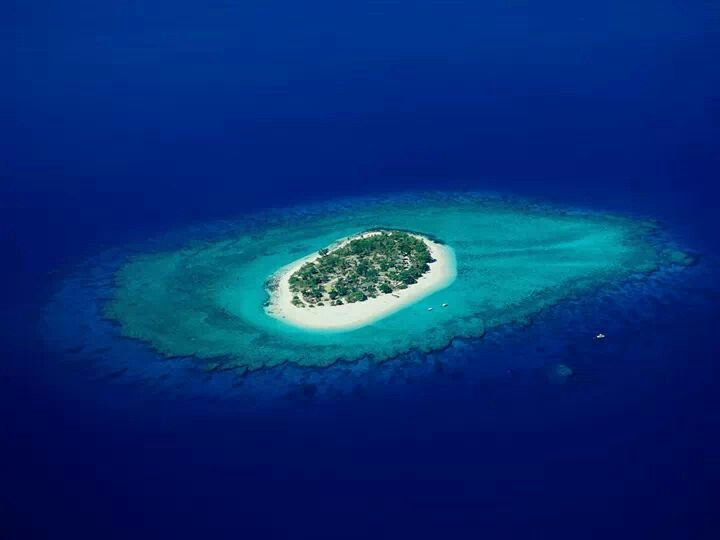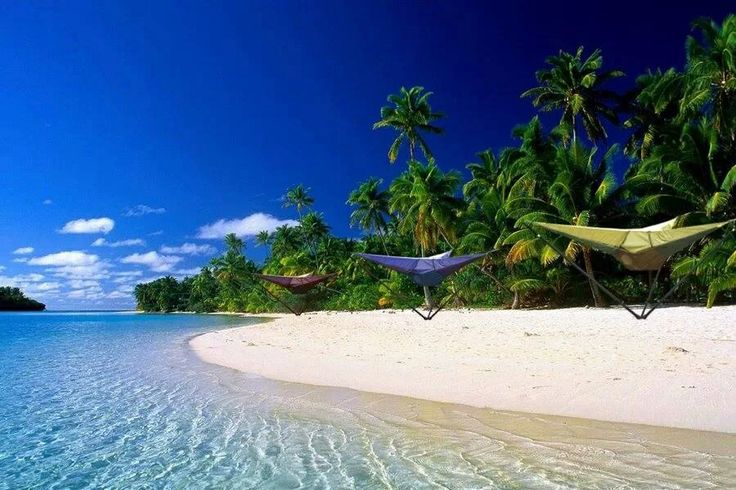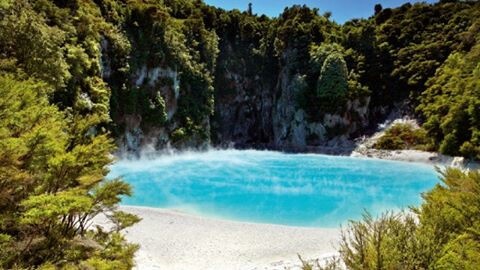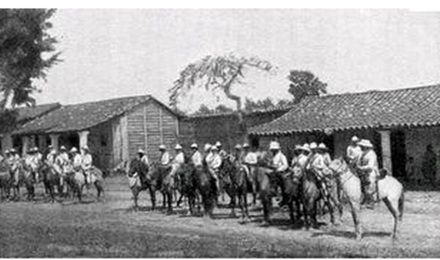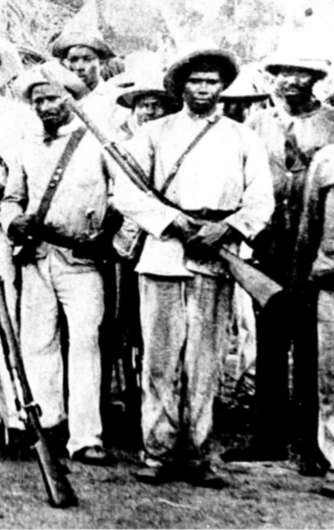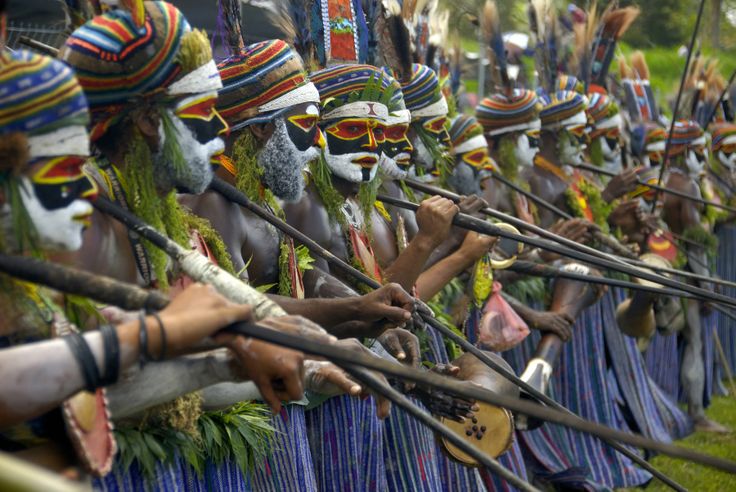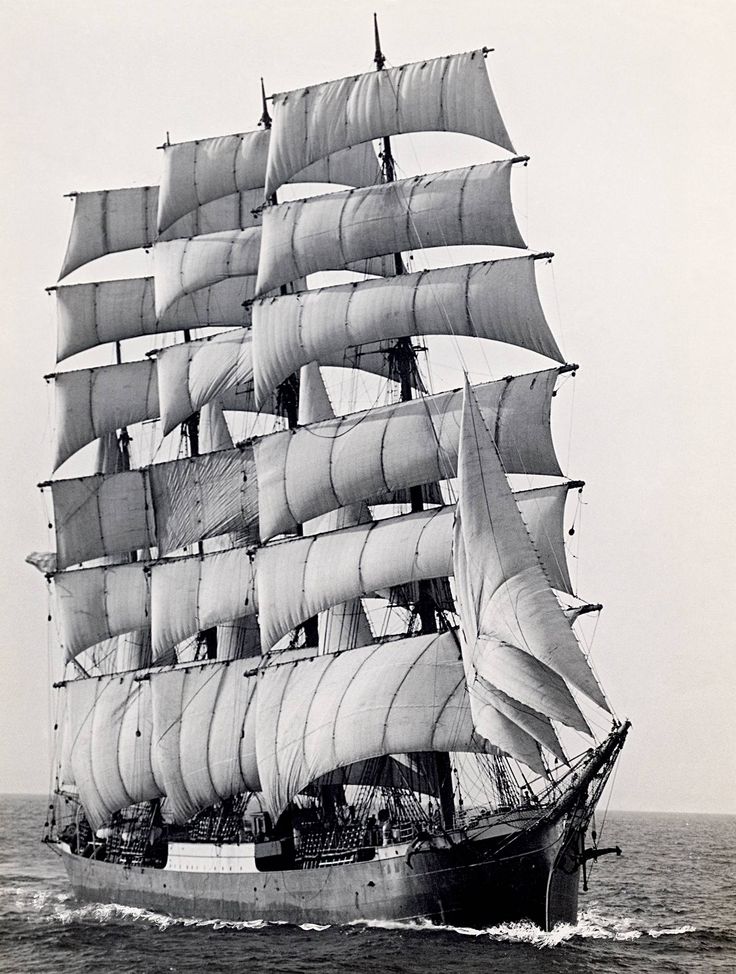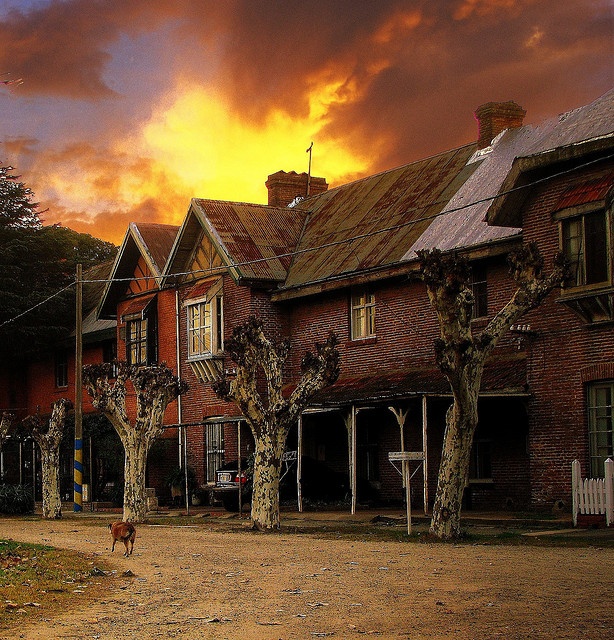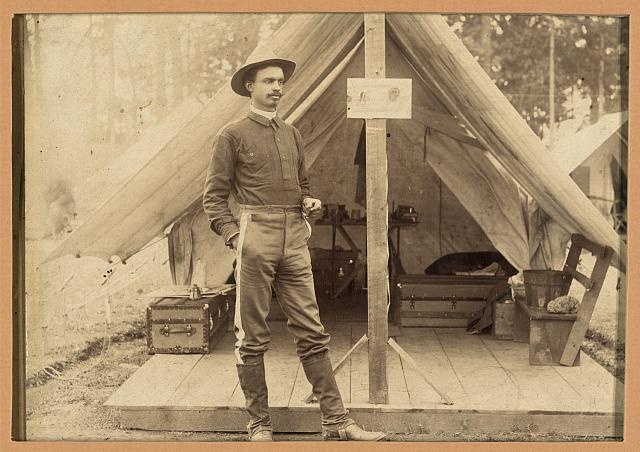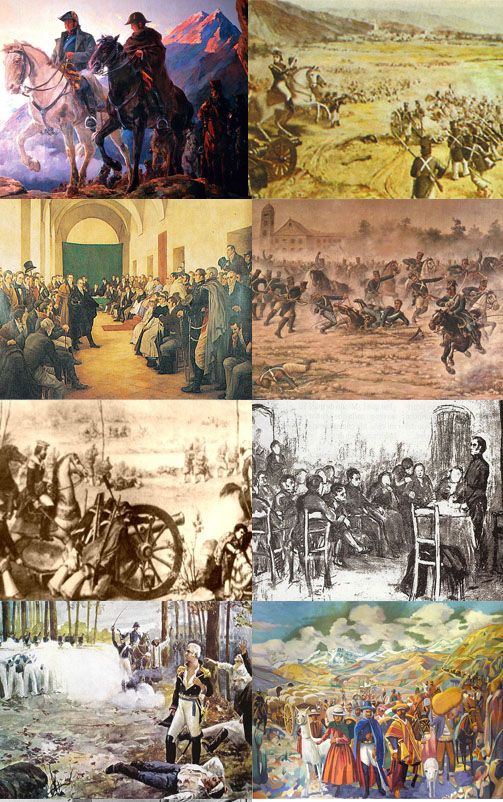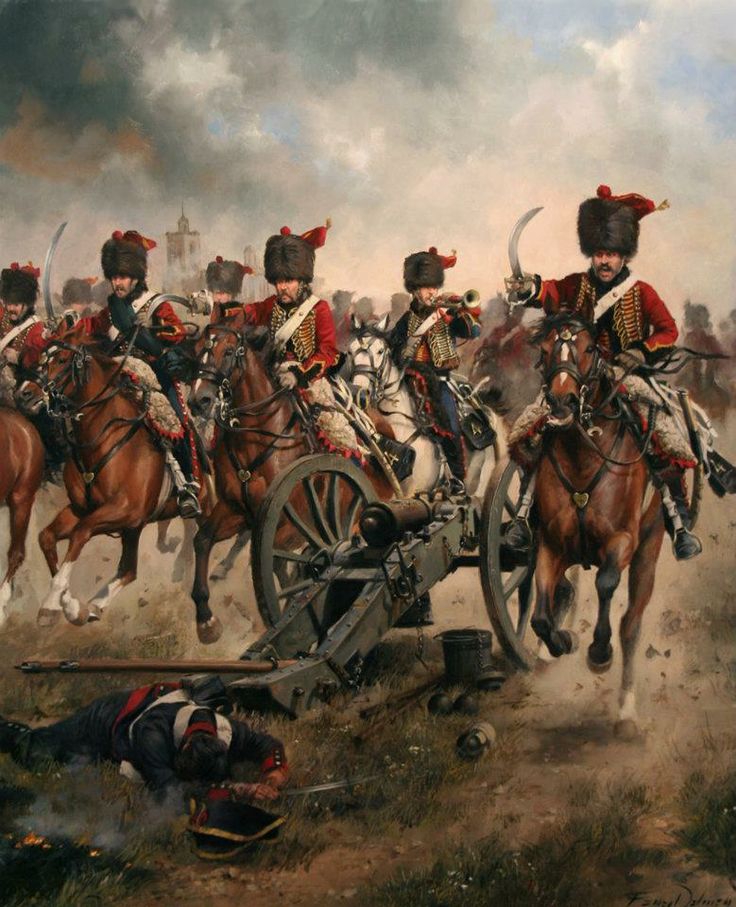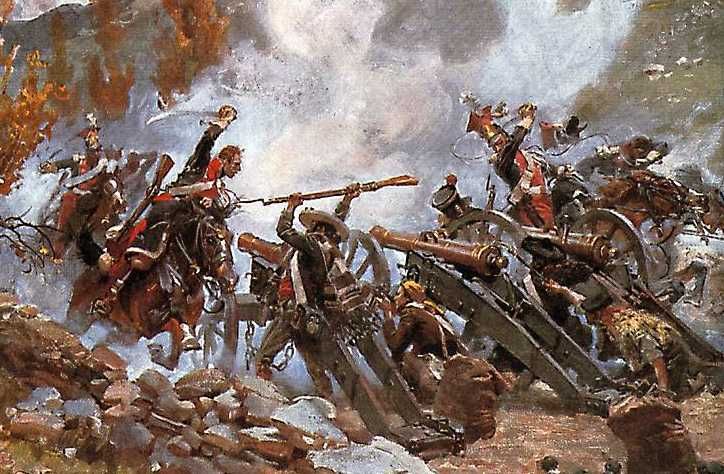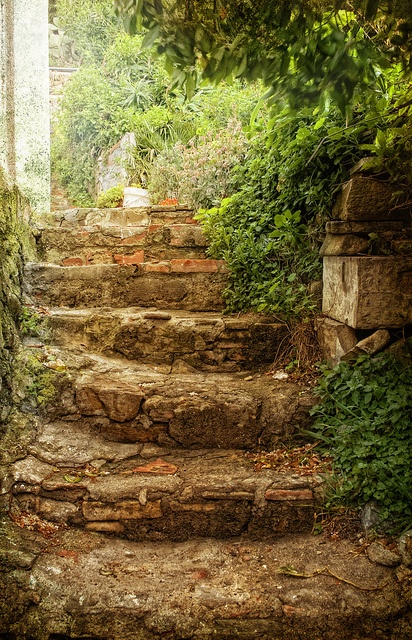ESCOCIA – Gobierno y Política
ESCOCIA GOBIERNO
ESPAÑOL – INGLÉS
PALABRA Ó FRASE Nº 101
‘MALO’ adjetivo
1 (en general) BAD; un cantante malo,’a bad singer’
hace un día malo,’the weather’s bad.
2 (travieso) NAUGHTY; es un niño muy malo,’he’s a very naughty boy.
3 (enfermo) ILL: ayer estuve malo.I was ill yesterday.
Gobierno y política
Dado que Escocia es uno de los países constituyentes del Reino Unido, el jefe de estado escocés es el monarca británico, es decir, la reina Isabel II del Reino Unido desde su coronación en 1952. En Escocia, la reina utiliza el título de Queen Elizabeth (“Reina Isabel”) en vez del de “Isabel II”, dado que nunca ha habido una reina “Isabel I de Escocia”.
Constitucionalmente, el Reino Unido es un estado unitario con un Parlamento y un gobierno soberanos. Tras la descentralización de poderes aprobada en referéndum en 1997, Escocia goza de un auto-gobierno limitado: el Parlamento Británico sigue conservando la capacidad de reformar, cambiar, ampliar o abolir el sistema de gobierno escocés a voluntad, por lo que puede considerarse que el Parlamento escocés no es realmente soberano.
El poder ejecutivo del Reino Unido recae en lo que jurídicamente se denomina Queen-in-Council (“La reina y sus consejeros”), mientras que el poder legislativo lo ostenta el Queen-in Parliament (“La reina y el Parlamento”). En la práctica política, el poder ejecutivo lo ostenta el Gobierno del Reino Unido, con el Primer Ministro a la cabeza, y el legislativo, el Parlamento del Reino Unido. Bajo el régimen de la descentralización de poderes, ciertas áreas del legislativo y el ejecutivo han sido transferidas al Gobierno de Escocia19 20 y al Parlamento de Escocia,21 en Holyrood (Edimburgo). El Parlamento del Reino Unido, por su parte, mantiene su poder sobre los impuestos, seguridad social, ejército, relaciones internacionales, medios de comunicación y otras áreas explícitamente indicadas en la Scotland Act de 1998 como “materias reservadas”.
El Parlamento Escocés tiene autoridad legislativa para todas aquellas áreas relacionadas con Escocia, incluso para variar levemente los impuestos, aunque nunca ha ejercido dicho poder. También puede remitir asuntos relacionados con las competencias devueltas al Parlamento Británico, para ser consideradas en el conjunto de la legislación del Reino Unido. En determinados asuntos, la legislación escocesa ha optado por soluciones distintas a las adoptadas en el conjunto del estado: por ejemplo, la educación universitaria y los cuidados para ancianos son gratuitos para los residentes de Escocia y comunitarios europeos, mientras que en el resto de Reino Unido se deben pagar unas tasas por los mismos servicios. Escocia fue también el primer país del Reino Unido en prohibir el tabaco en espacios públicos.

Reparto de escaños en el Parlamento Escocés después de las últimas elecciones de 2011. SNP Laboristas Liberal Demócratas Conservadores Partido Verde Escocés Independientes
El Parlamento Escocés es unicameral, y está compuesto por 129 miembros, 73 de los cuales representan a un distrito electoral o constituency, y son elegidos por el sistema de escrutinio uninominal mayoritario, los restantes 56 miembros son elegidos en sólo ocho distritos electorales, mediante el sistema de representación proporcional; los cargos electos tienen una duración de cuatro años. Tras la elección del Parlamento, éste propone a uno de sus miembros para ser nombrado Ministro Principal de Escocia (First Minister of Scotland o Prìomh Mhinistear na h-Alba) por la Reina. El resto de los ministros también son propuestos por el Parlamento y aprobados por la Reina, y forman, junto con el Ministro Principal de Escocia, el Gobierno de Escocia, es decir, el poder ejecutivo escocés.
En las elecciones al Parlamento Escocés de 2011, el Partido Nacional Escocés (Scottish National Party o SNP) obtuvo la mayoría absoluta, a diferencia de las elecciones de 2007 donde el SNP obtuvo la mayoría simple liderando en un gobierno en minoría. El líder del Partido Nacional Escocés, Alex Salmond, fue elegido nuevamente como Ministro Principal de Escocia, conservando el cargo luego de obtenerlo en las elecciones de 2007. Otros partidos representados en el Parlamento Escocés son el Partido Laborista con 37 escaños, el Partido Conservador con 15 escaños y el Partido Liberal Demócrata con 5 escaños. El Partido Verde Escocés, codirigido por Robin Harper, obtuvo 2 escaños y Margo MacDonald es además la única independiente en haber obtenido en estas elecciones un asiento como miembro del Parlamento Escocés, al igual que en las elecciones de 2007.22
Escocia tiene además representación en la Cámara de los Comunes del Reino Unido, con 59 representantes elegidos en función de los distritos electorales escoceses. La Scotland Office u “Oficina de Escocia”, dirigida por el Secretario de Estado de Escocia, es el departamento del Gobierno Británico dedicado a tratar los asuntos relacionados con Escocia. Desde mayo de 2010, el cargo de Secretario de Estado para Escocia lo ocupa Michael Moore.
=======================EN INGLÉS========================
Government and Politics
Given that Scotland is one of the constituent countries of the United Kingdom , the head of state is the Scottish British monarch , ie, Queen Elizabeth II of the United Kingdom since his coronation in 1952 . In Scotland, the Queen used the title of Queen Elizabeth (“Elizabeth”) instead of the “Elizabeth II”, since there has never been a Queen “Elizabeth I in Scotland.”
Constitutionally, the UK is a unitary state with a parliament and a government sovereign. Following the decentralization of powers approved in referendum in 1997 , Scotland has limited self-government: the British Parliament retains the ability to amend, change, add or abolish the system of Scottish government at will, so it can be considered that the Scottish Parliament is not really sovereign.
The executive power is vested in the United Kingdom which is legally known as Queen-in-Council (“The Queen and her advisers”), while the legislative power is held by the Queen-in Parliament (“The Queen and the Parliament”). In political practice, the executive power is held by the UK Government , the Prime Minister at the head, and the legislature, the Parliament of the United Kingdom . Under the regime of decentralization of powers, areas of the legislative and executive branches have been transferred to Scottish Government and the Scottish Parliament , in Holyrood ( Edinburgh ). The Parliament of the United Kingdom, meanwhile, maintains his power over taxes , social security , military , international relations , media and other areas explicitly specified in the Scotland Act of 1998 as “reserved matters”.
The Scottish Parliament has legislative authority for all areas relating to Scotland, even to slightly vary the tax , although it has never exercised this power. You can also refer matters relating to the powers returned to the British Parliament, to be considered in the whole UK legislation. In some cases, Scots law has chosen different from those adopted in the whole state solutions: for example, the education college and care for the elderly are free for residents of Scotland and European Community, while in the rest of United UK must pay fees for the same services. Scotland was also the first country in the UK to ban snuff in public spaces.

Distribution of seats in the Scottish Parliament after the last election in 2011 . SNP Labour Liberal Democrats Conservatives Scottish Green Party Independent
The Scottish Parliament is unicameral and consists of 129 members, 73 of whom represent an electoral district or constituency, and are elected by a system of majority single candidate , the remaining 56 members are elected in only eight electoral districts, by system of proportional representation; elected officials have a duration of four years. After election to Parliament, he proposes to one of its members to be appointed Chief Minister of Scotland (First Minister of Scotland or Prìomh Mhinistear na h-Alba) by the Queen. The rest of the ministers are also proposed by Parliament and approved by the Queen, and form, together with the Chief Minister of Scotland , the Scottish Government , ie, the Scottish Executive.
In the elections to the Scottish Parliament in 2011 , the Scottish National Party (SNP or Scottish National Party) won the absolute majority , unlike the 2007 election where the SNP won the simple majority to lead a minority government. The leader of the Scottish National Party, Alex Salmond , was elected again as Chief Minister of Scotland , retaining office after getting it in the 2007 elections. Other parties represented in the Scottish Parliament are the Labour Party with 37 seats, the Conservative Party with 15 seats and the Liberal Democrats with 5 seats. The Scottish Green Party , co-directed by Robin Harper , won 2 seats and Margo MacDonald is the only independent in addition have obtained a seat in this election as a member of the Scottish Parliament, as in the 2007 elections.
Scotland also has representation in the House of Commons of the United Kingdom , with 59 representatives chosen for Scottish constituencies. The Scotland Office or “Office of Scotland,” directed by the Secretary of State for Scotland , is the department of the British Government dedicated to address issues related to Scotland. Since May 2010 , the Secretary of State for Scotland is occupied by Michael Moore.
